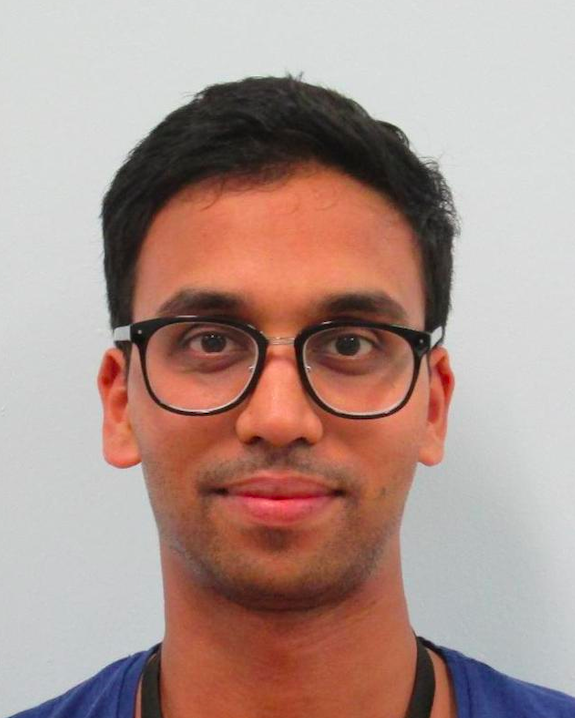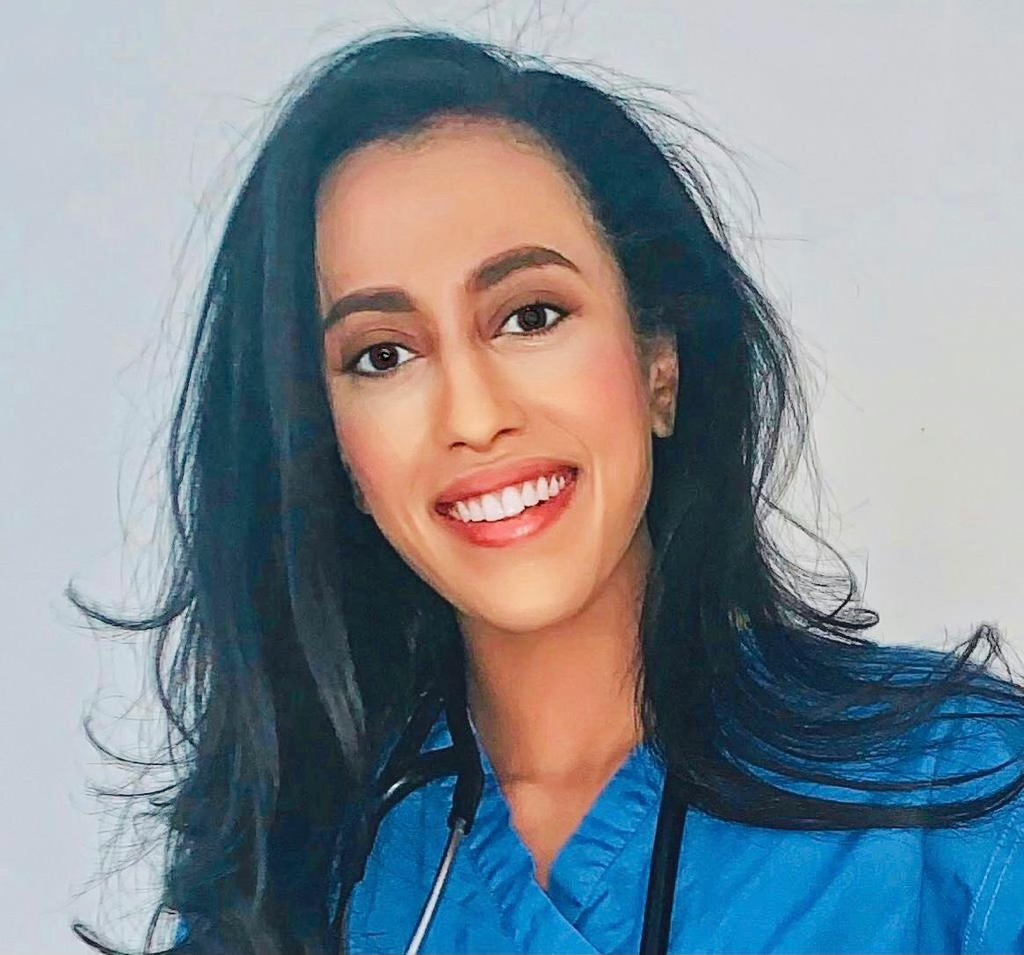 |
The Netherlands
|
Name of group: The Dutch Society of Gastroenterology (NVGE) is responsible for basic and clinical research in gastroenterology. Members include not only Dutch gastroenterologists, but also surgeons, paediatricians, fellows in gastroenterology, PhD students, scientists and nurses. Persons with a specific interest in IBD are members of the IBD Section.
The Initiative on Crohn and Colitis (ICC) is our Dutch IBD research organisation, which facilitates, coordinates and conducts collaborative collection of data and biomaterials as well as IBD studies in The Netherlands.
Number of active members: The NVGE has approximately 1830 members. The IBD Section has 300 members.
The ICC has 38 active members spread across the seven academic medical centres as well as the peripheral hospitals.
Number of meetings per year: The NVGE has two scientific meetings each year (Digestive Disease Days), with presentations of original work and several state-of-the-art lectures.
The ICC has one IBD meeting each year with both presentations of scientific output and lectures on clinical IBD-related topics.
In addition to these meetings, there are several general meetings during the year to discuss ongoing and future research projects.
Name of president and secretary:
Dutch Society of Gastroenterology (NVGE): Janneke van der Woude and Andrea van der Meulen
Initiative on Crohn and Colitis (ICC): Frank Hoentjen and Nanne de Boer
National Representatives: Fiona van Schaik and Willemijn van Dop
Joined ECCO in: 2003
Incidence of IBD in the country:
Incidence: Approximately 29 per 100,000 per year
Prevalence: Approximately 1:200; 90,000 patients in The Netherlands



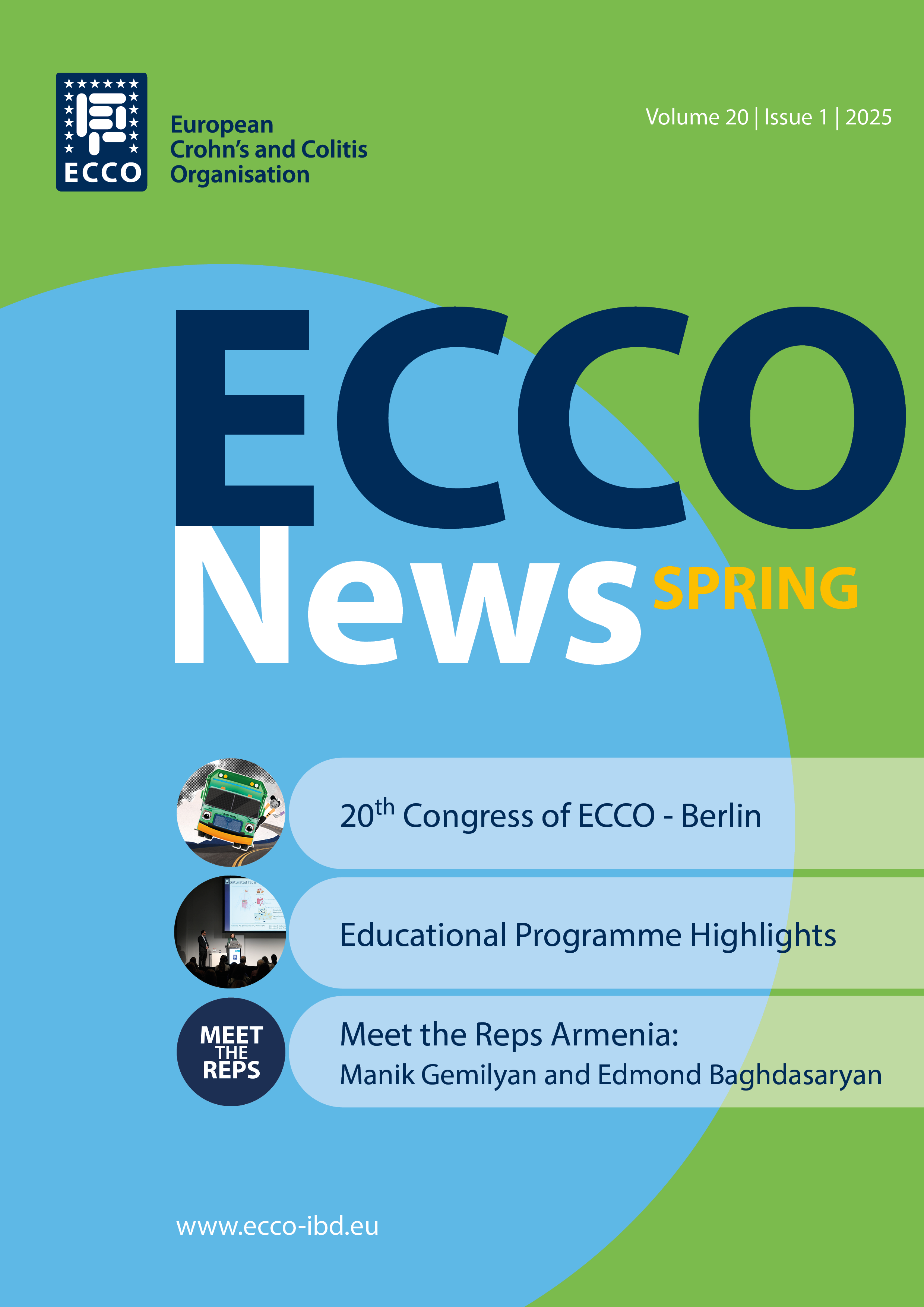
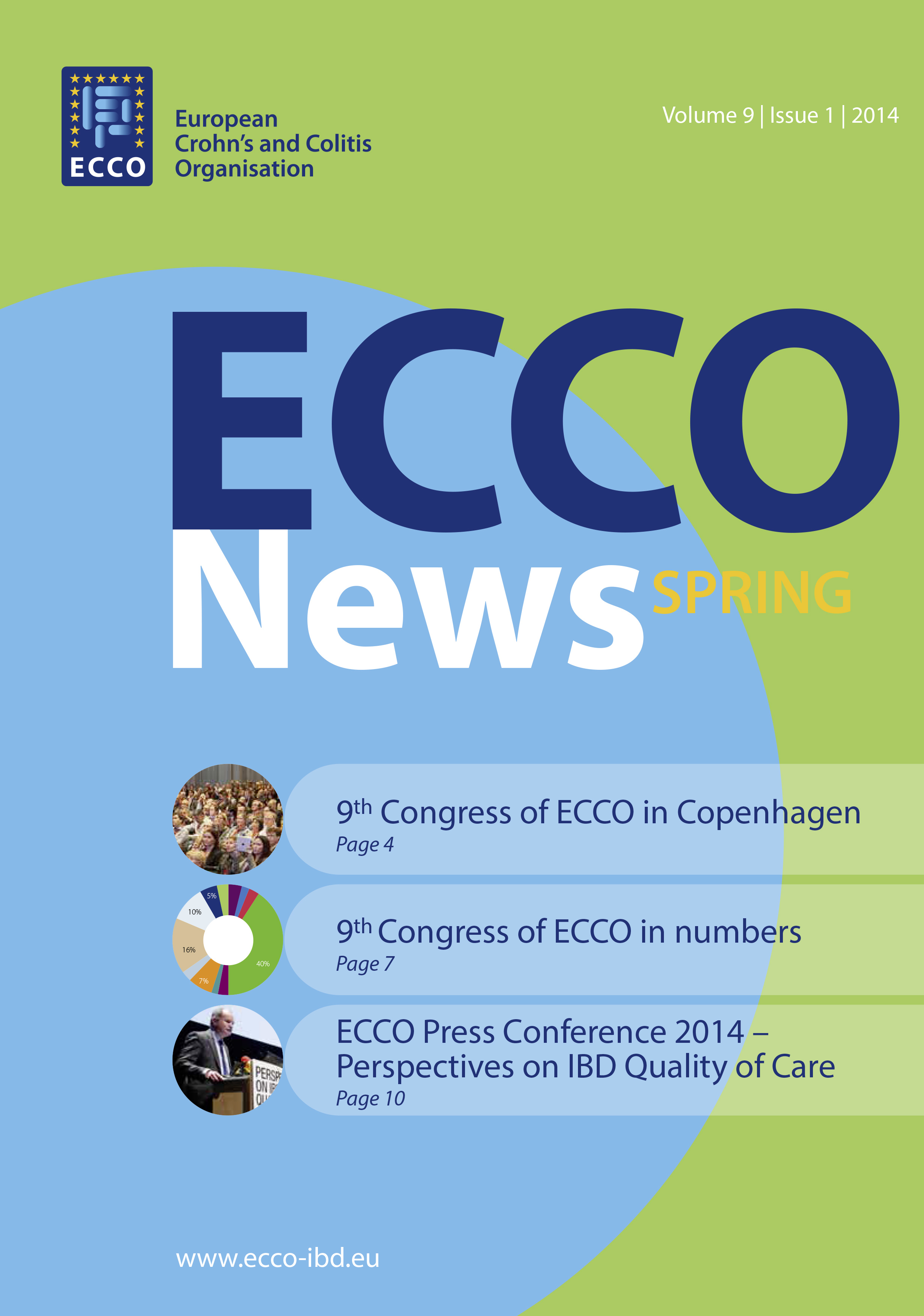
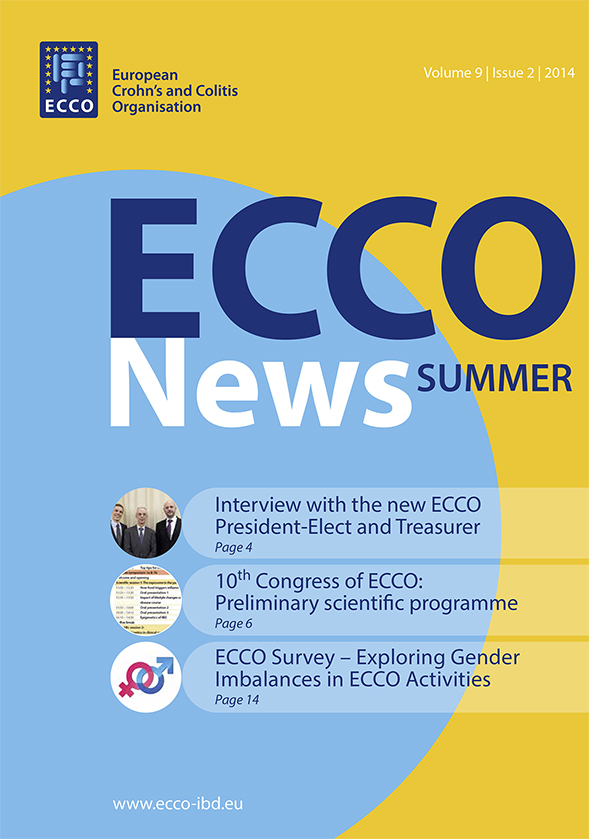
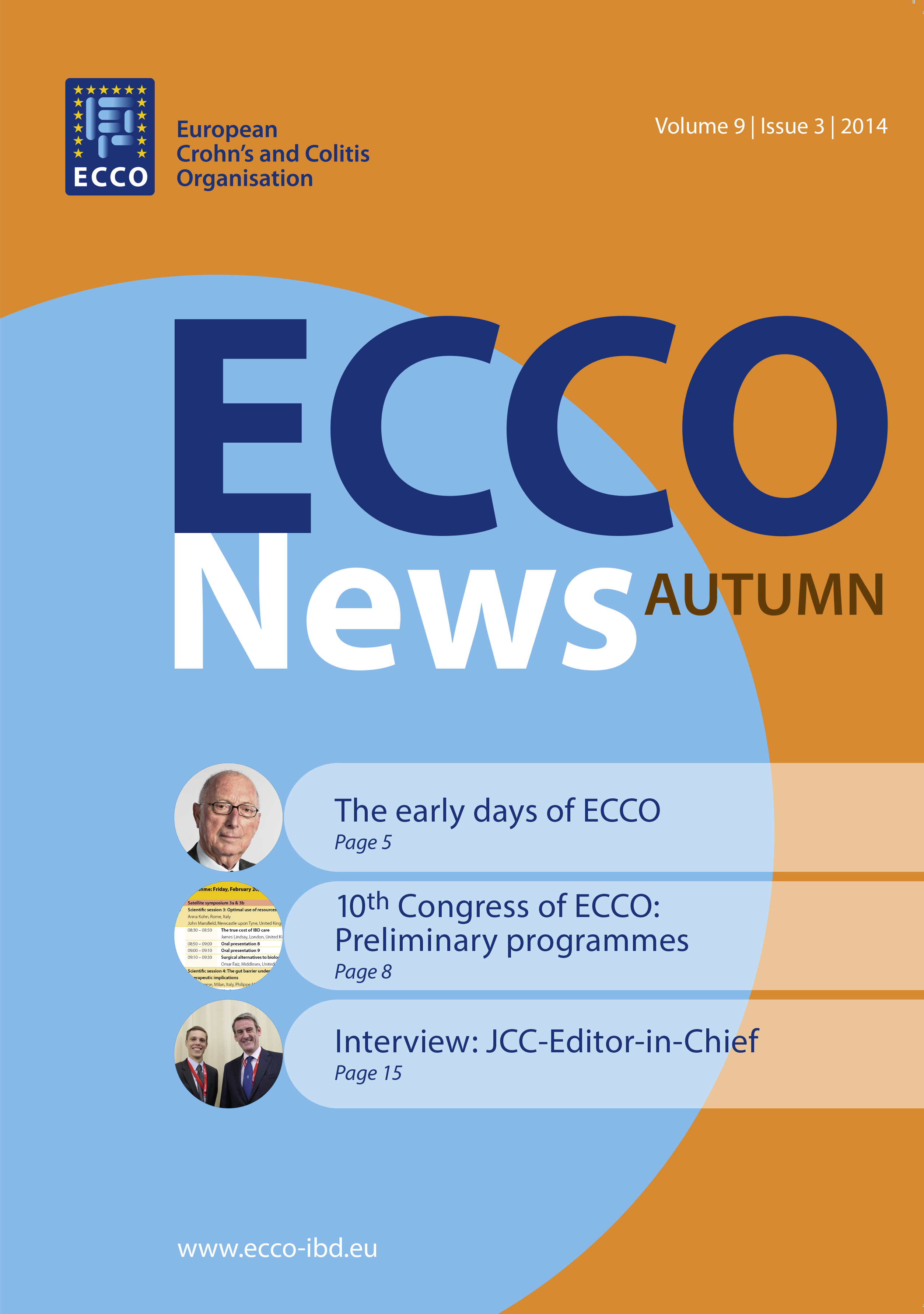
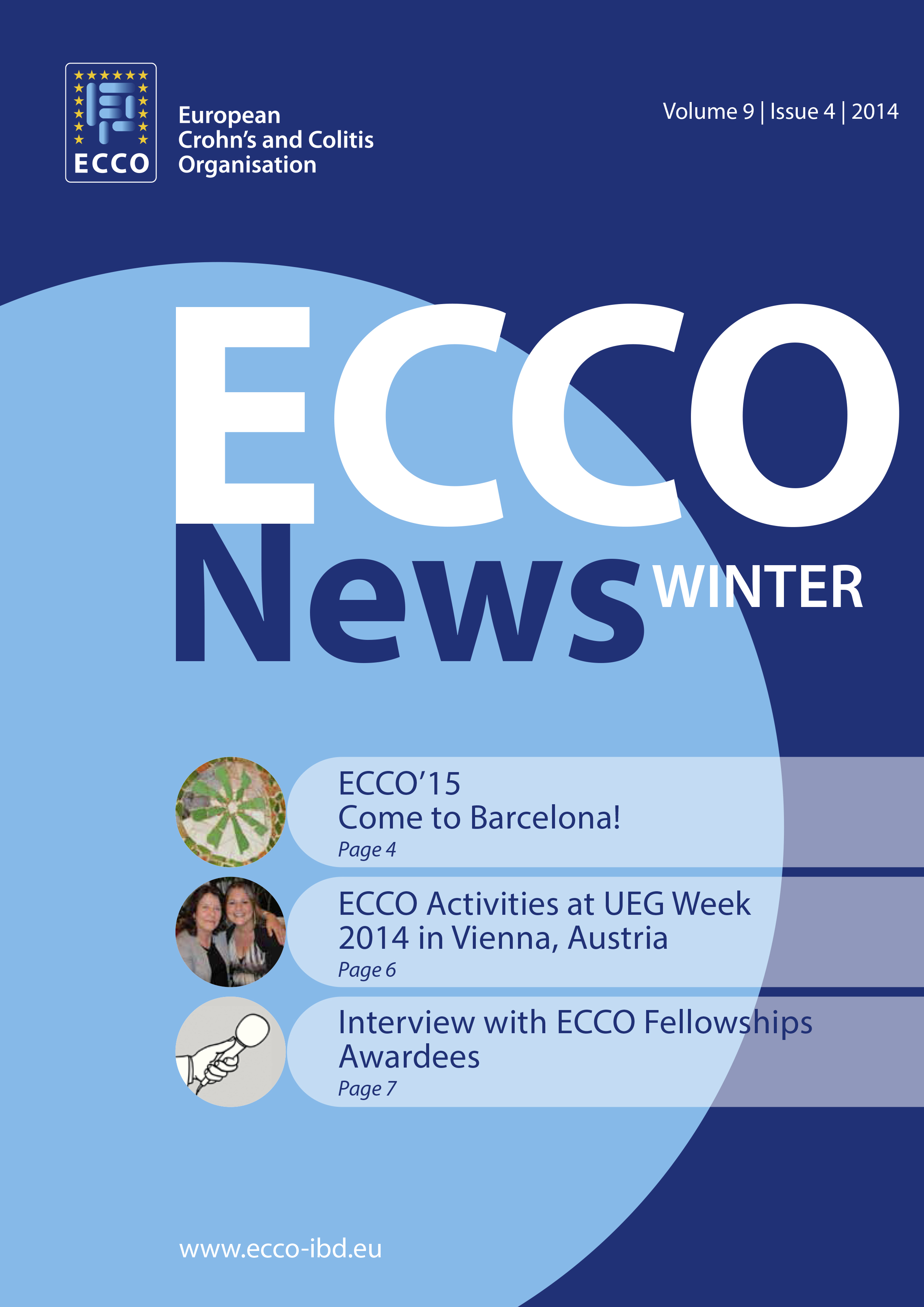
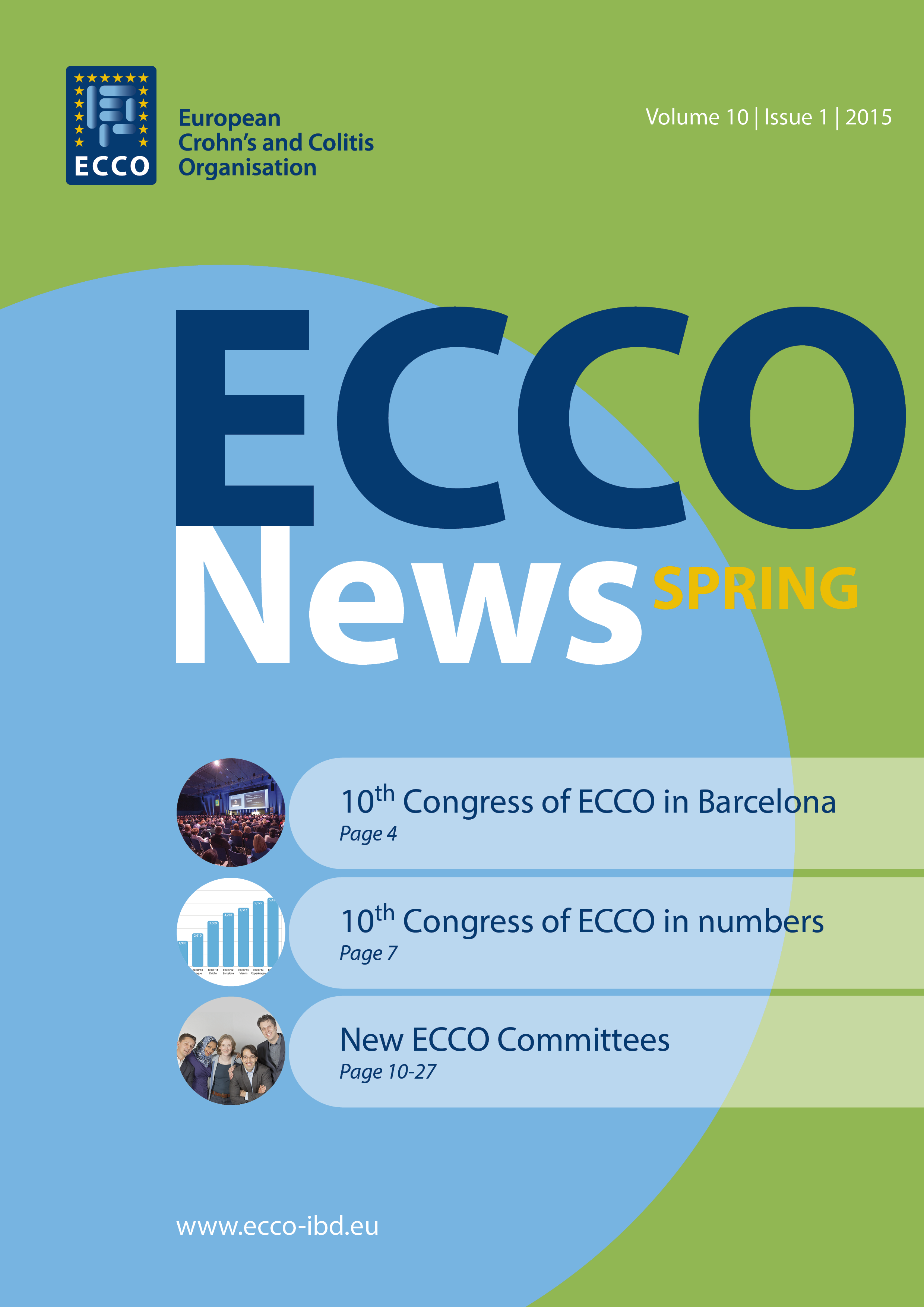
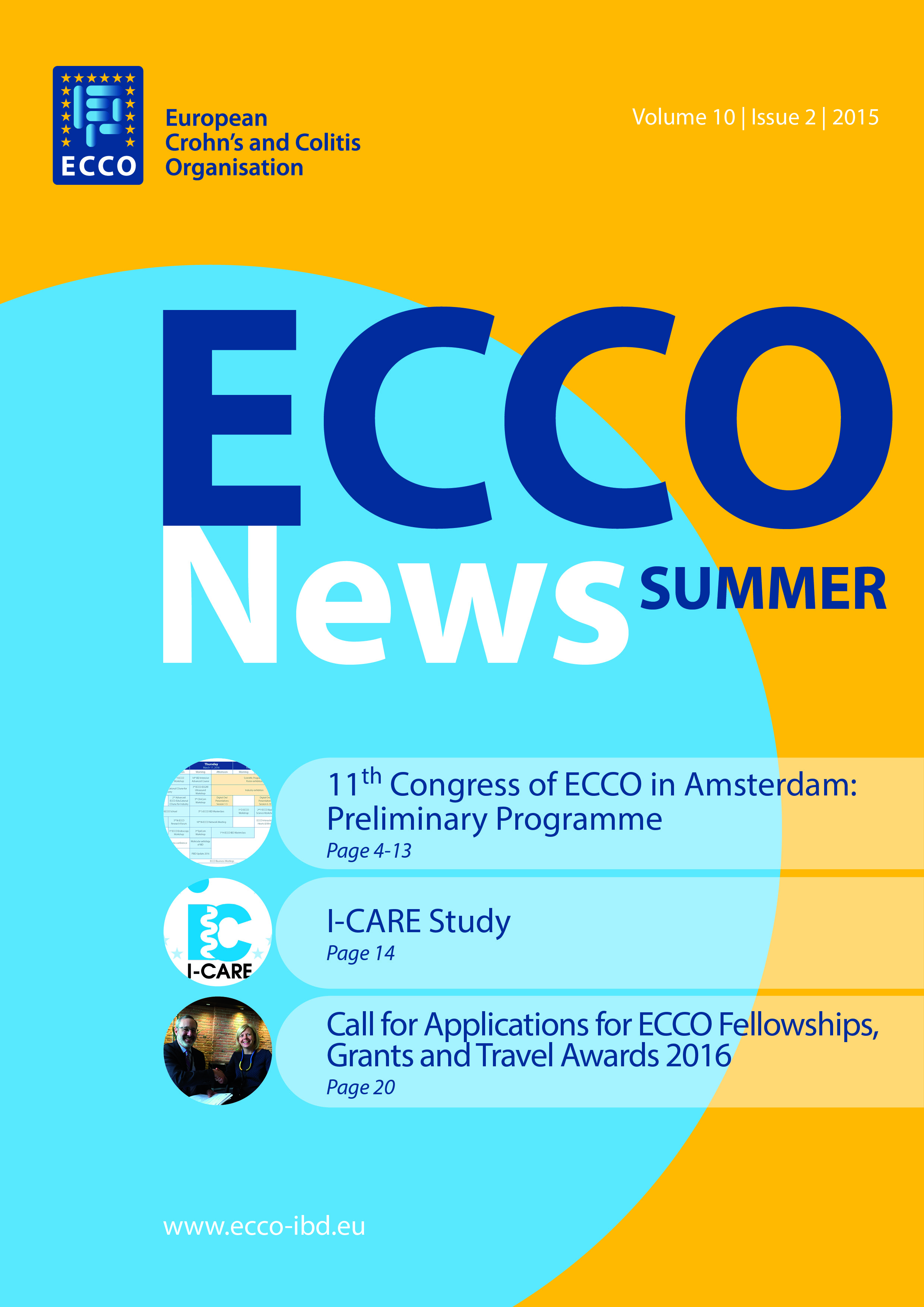
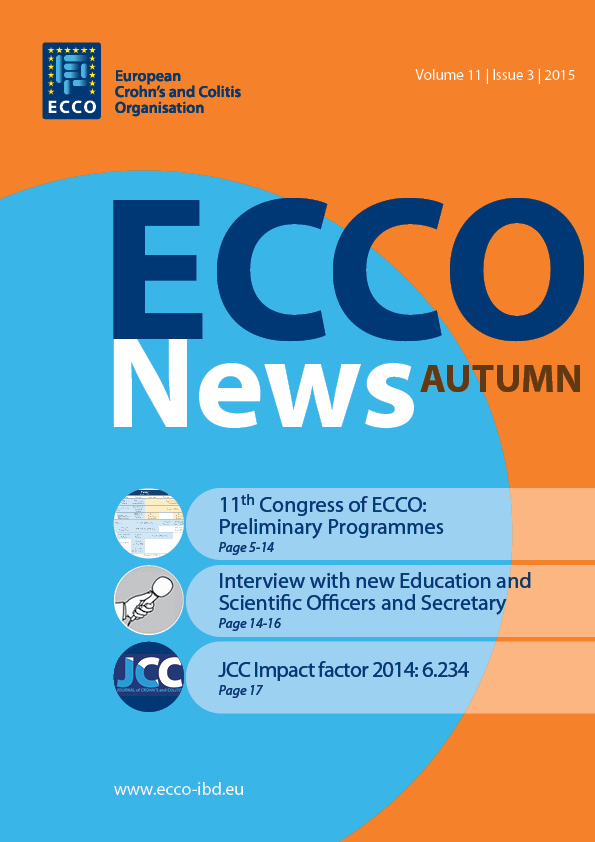
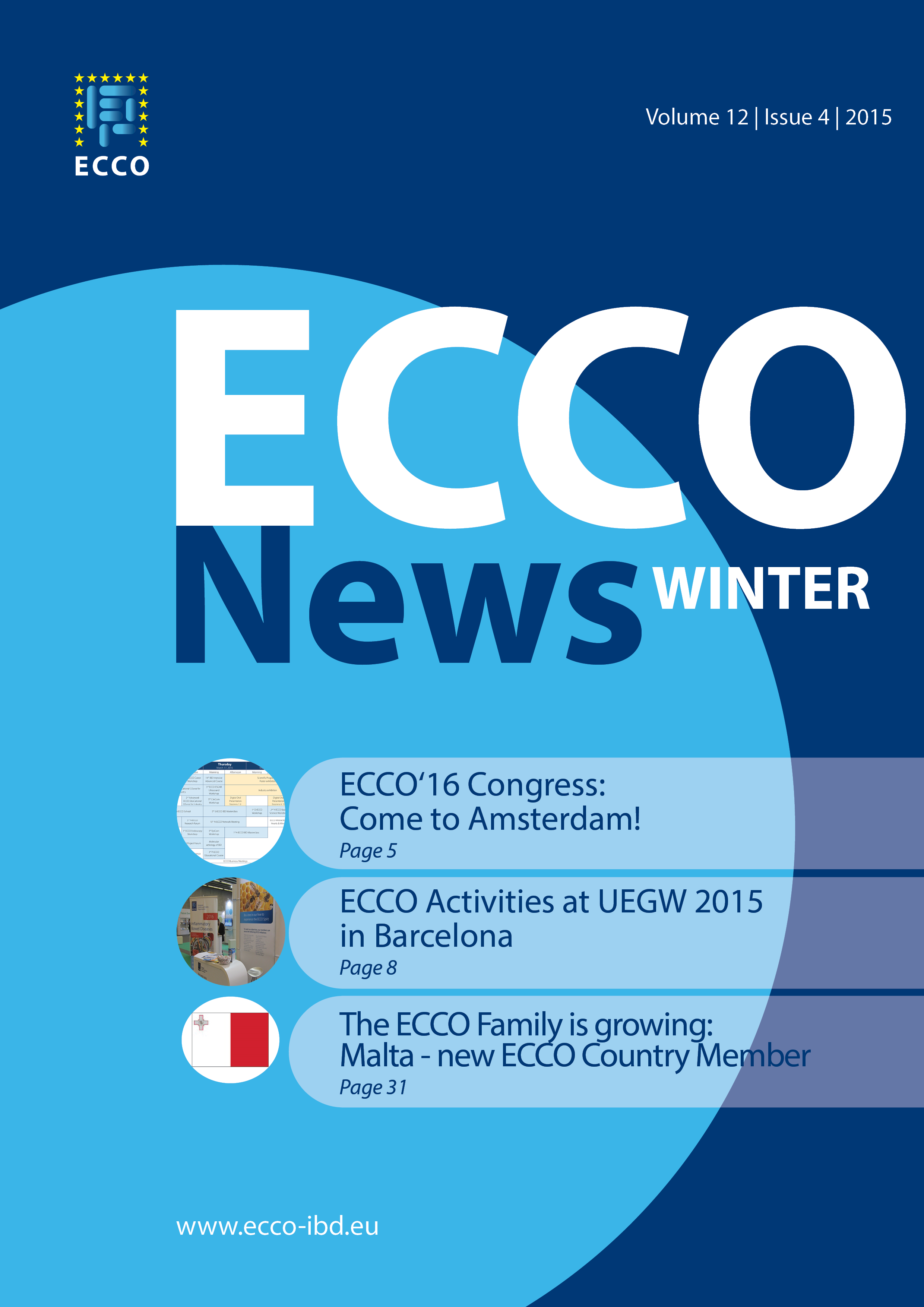
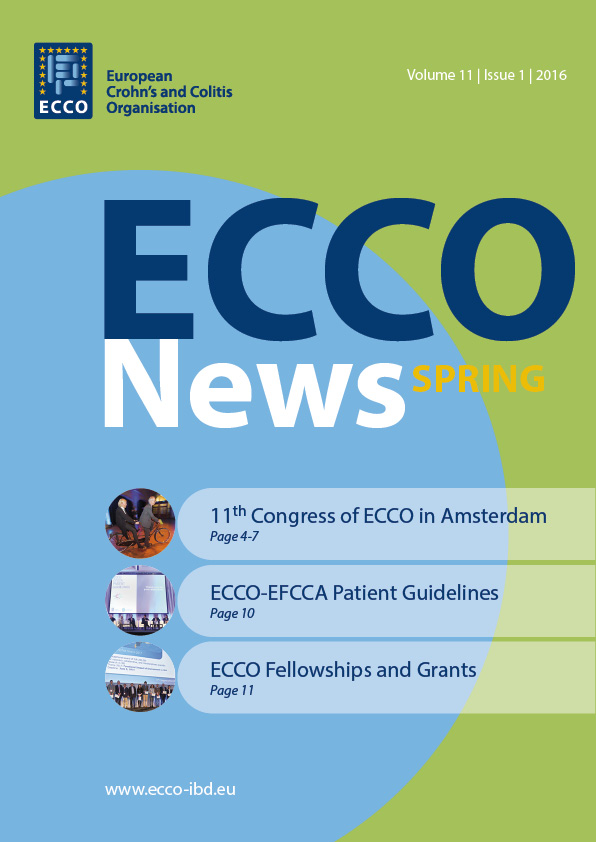
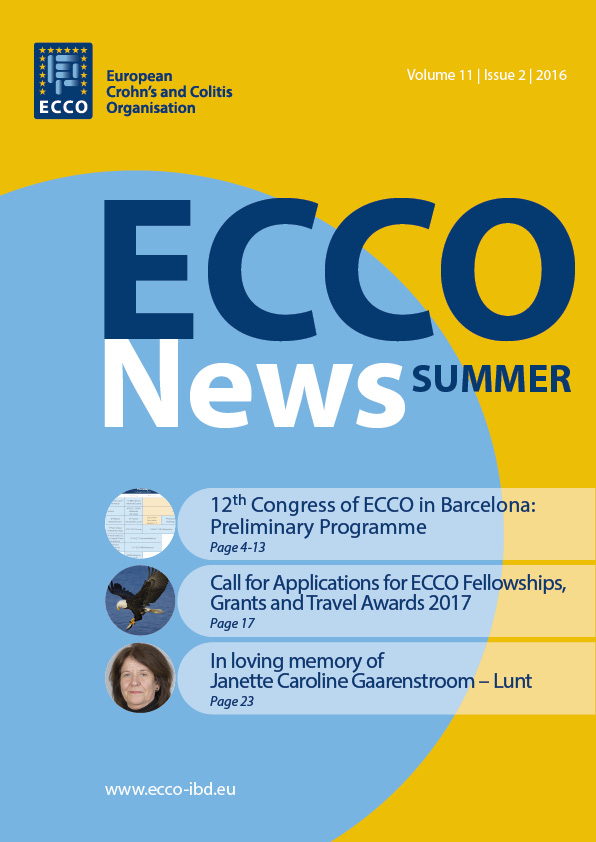
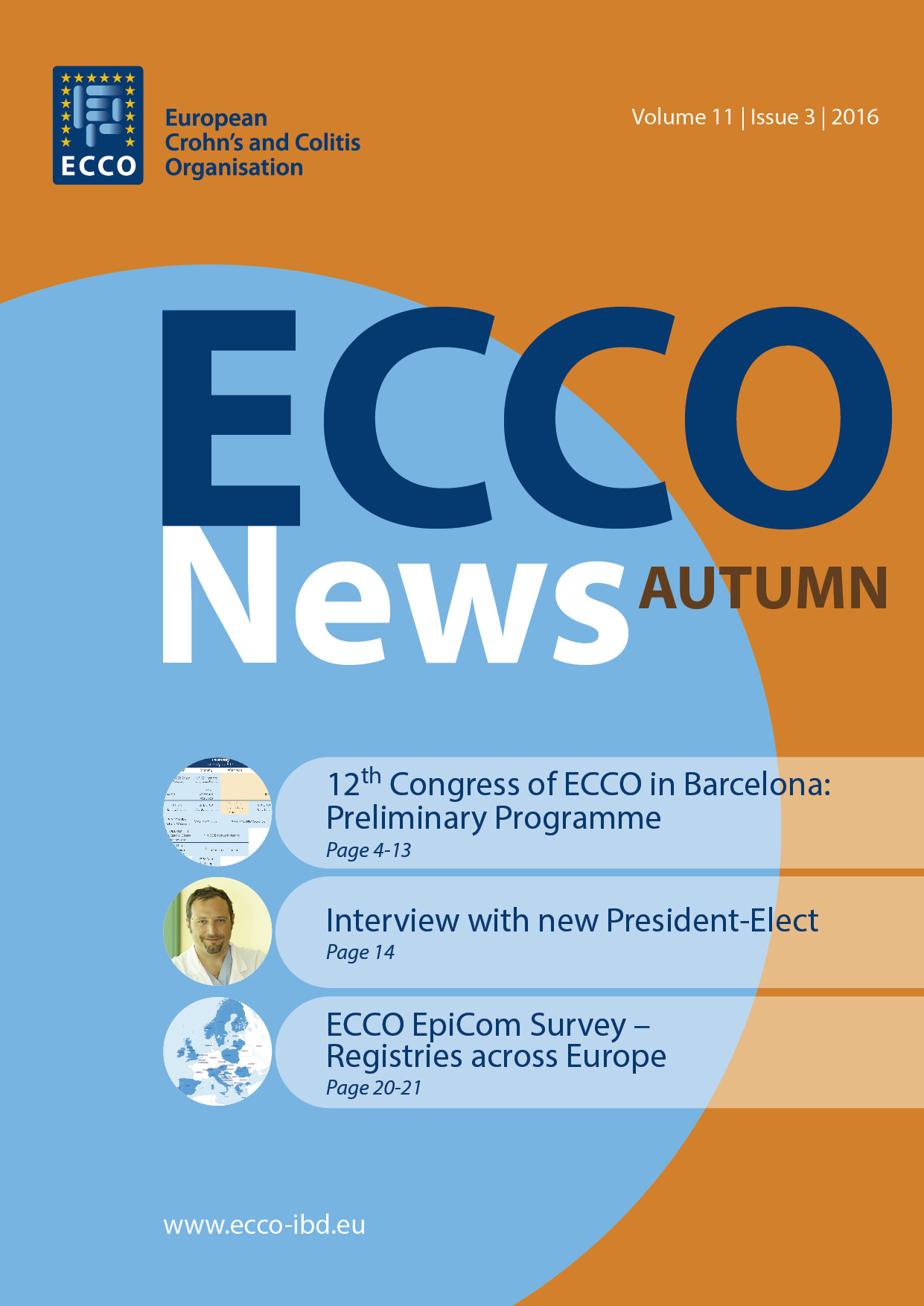
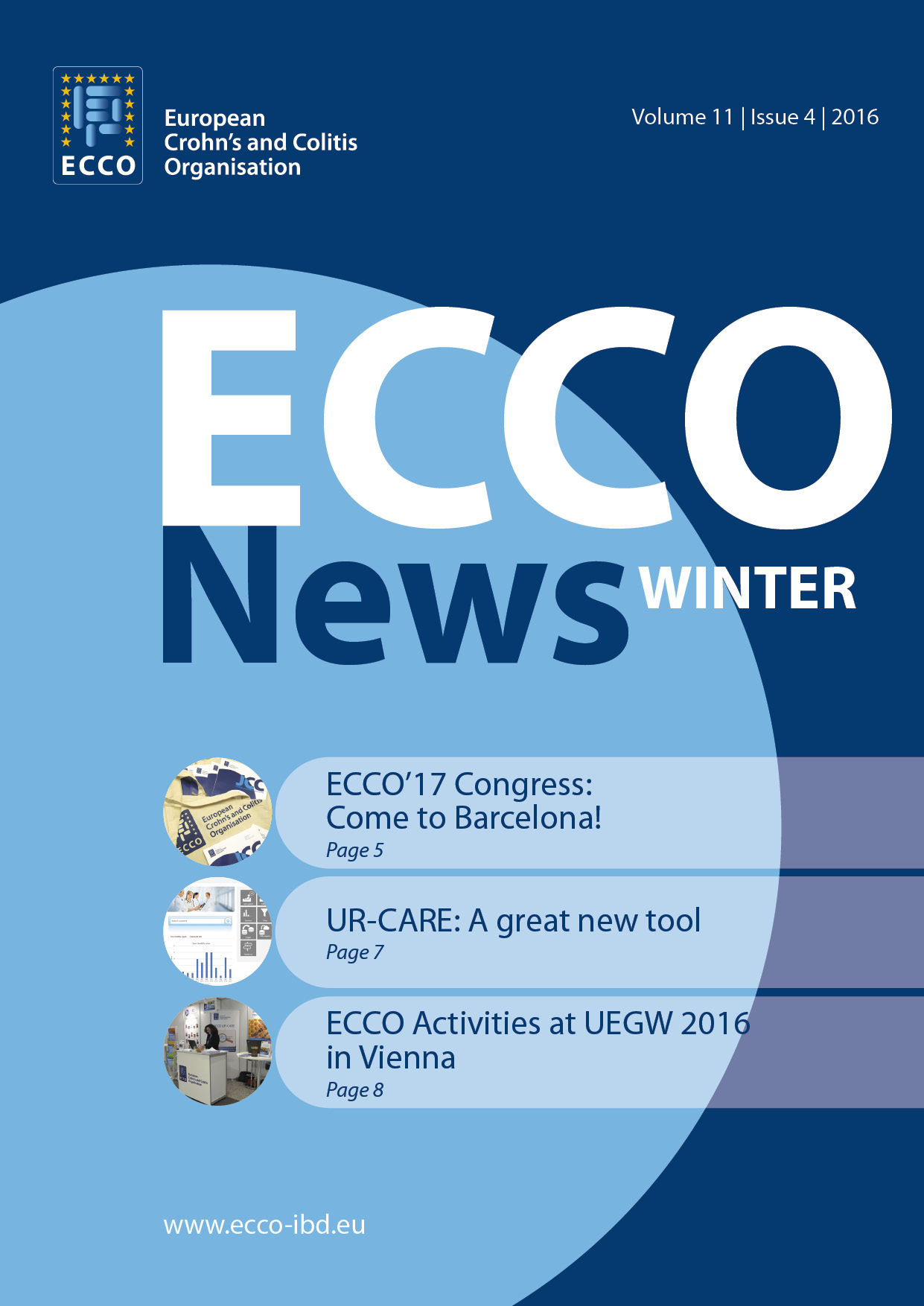
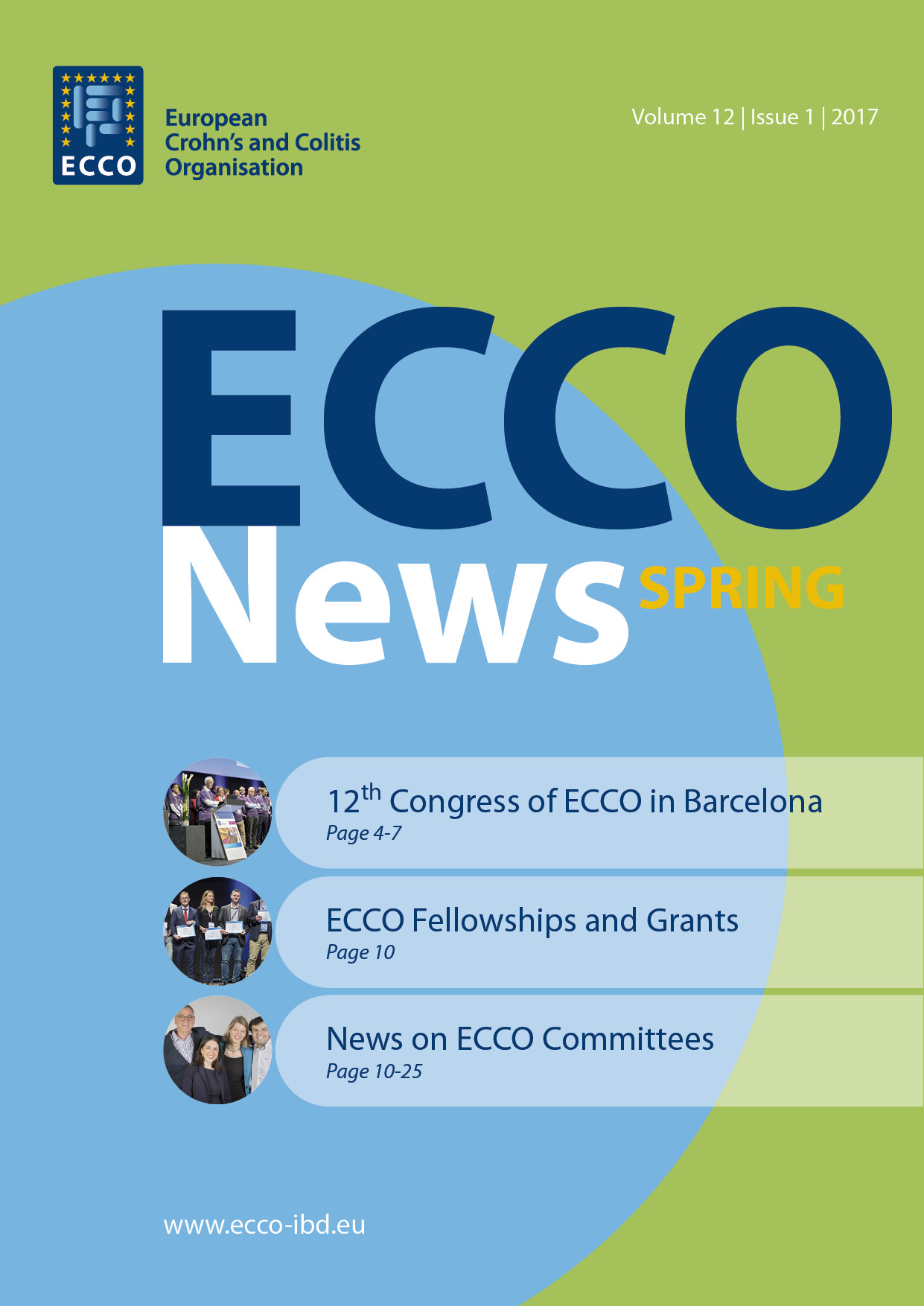
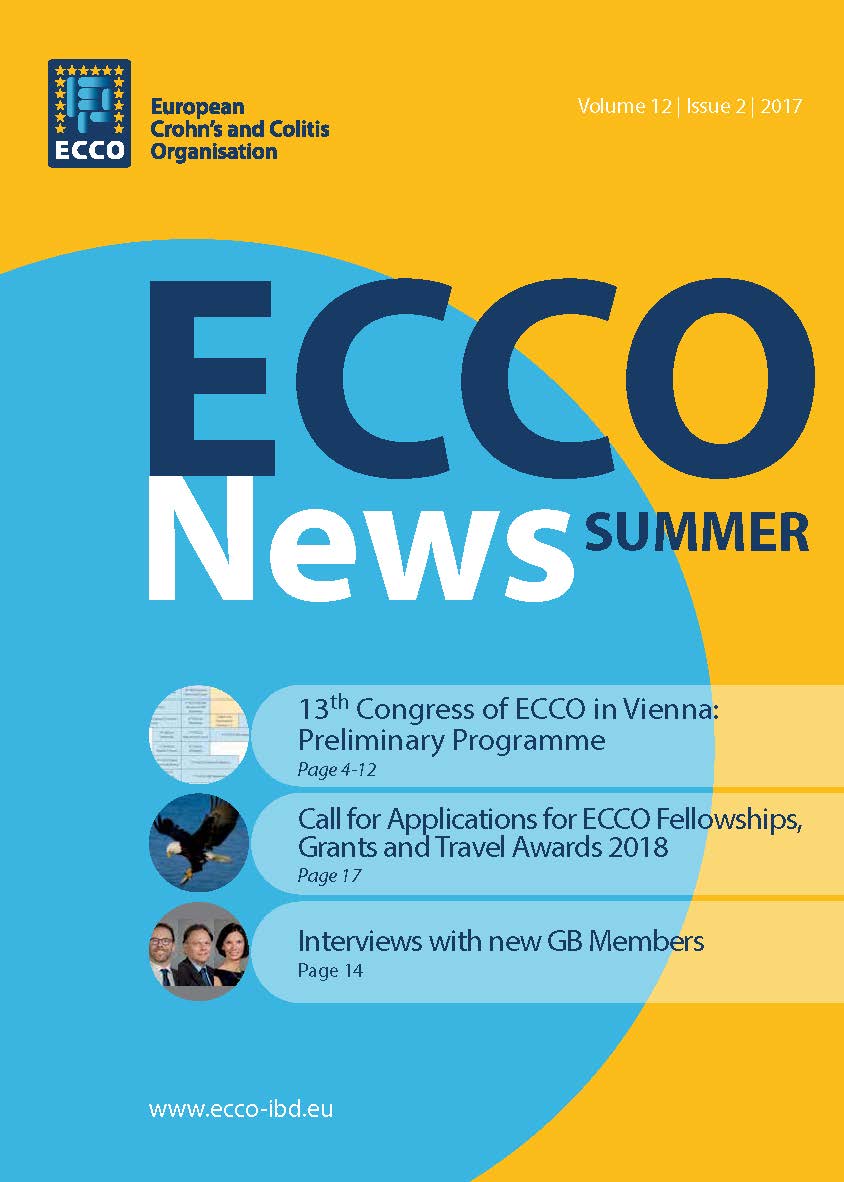
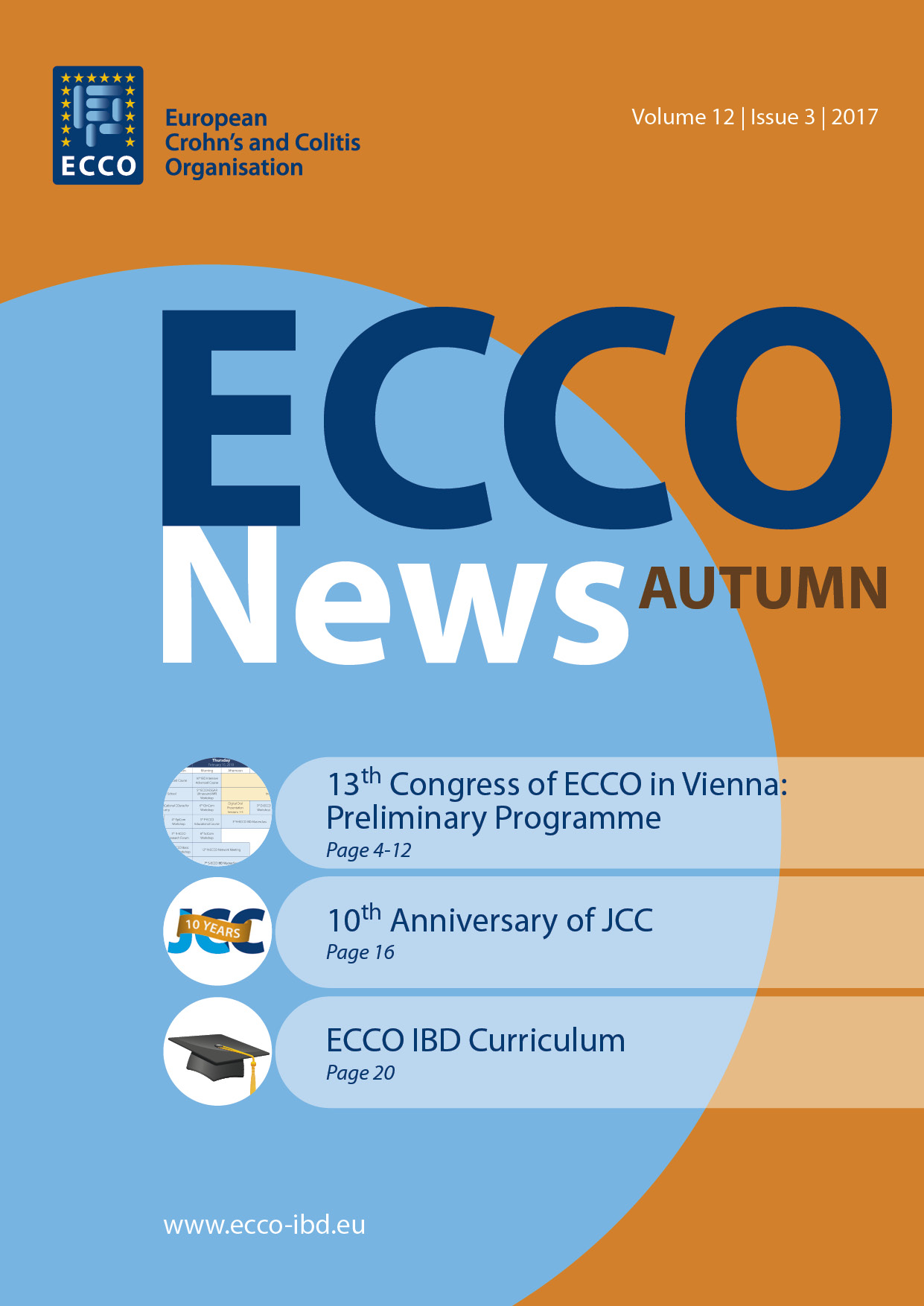
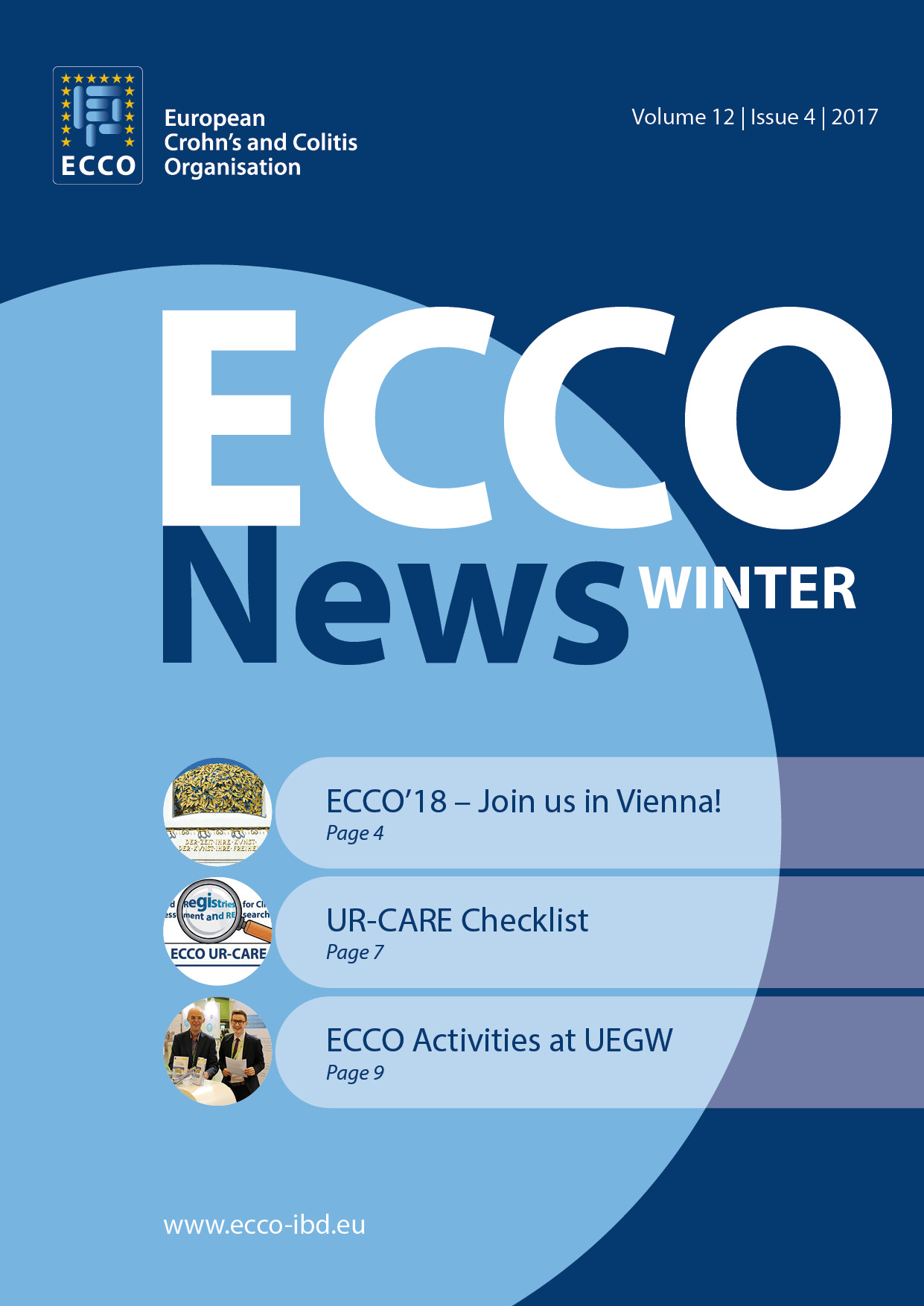
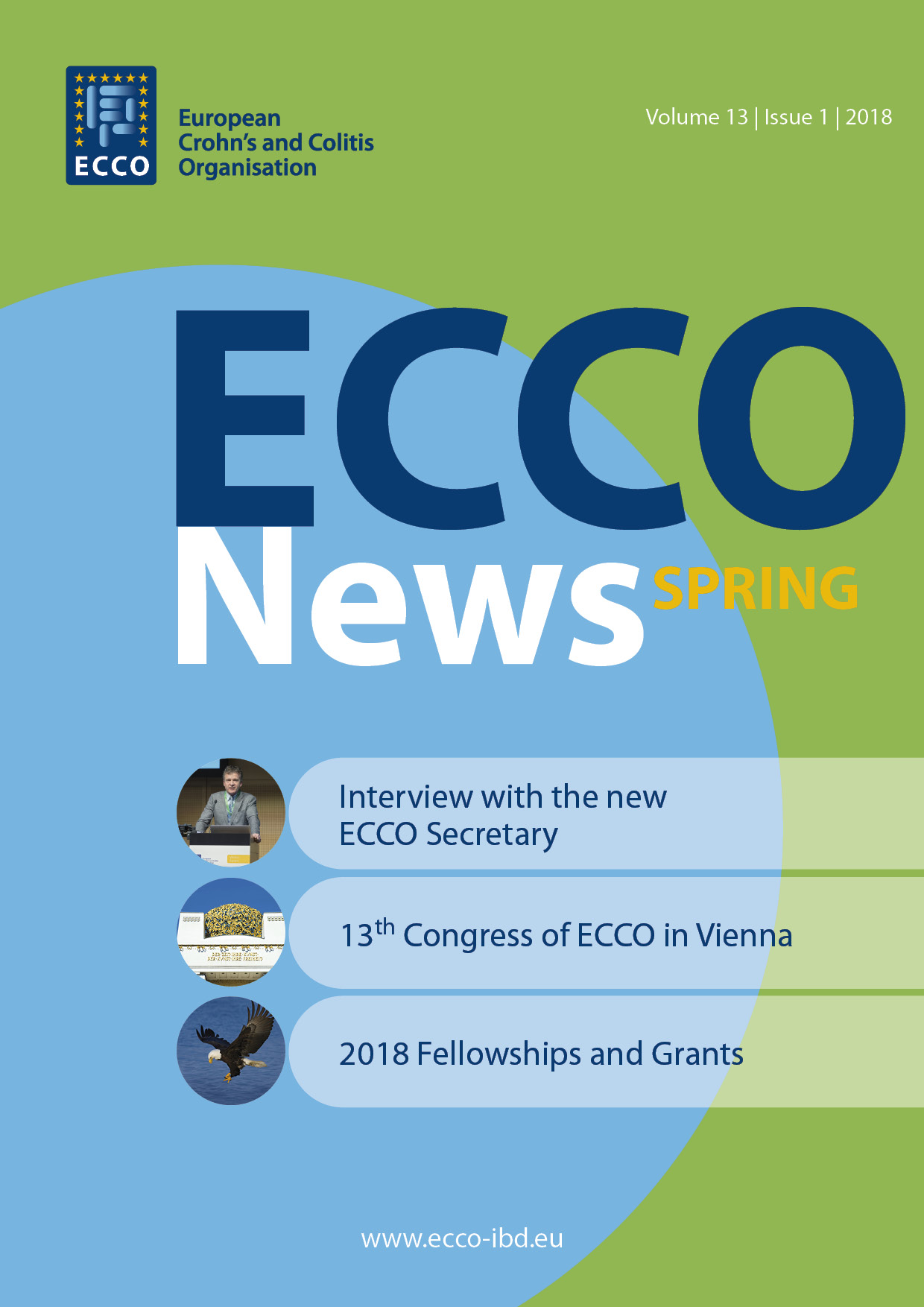
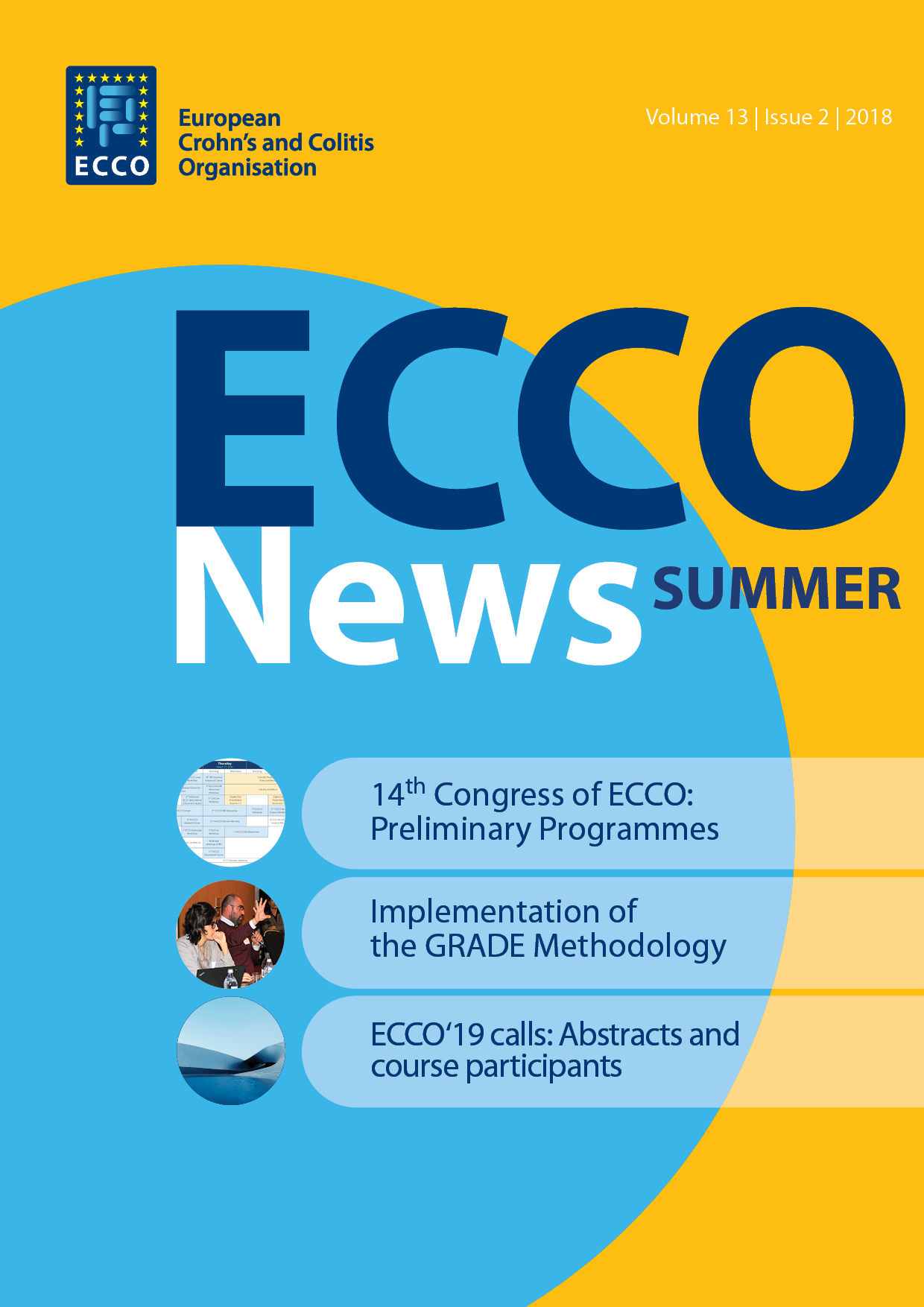
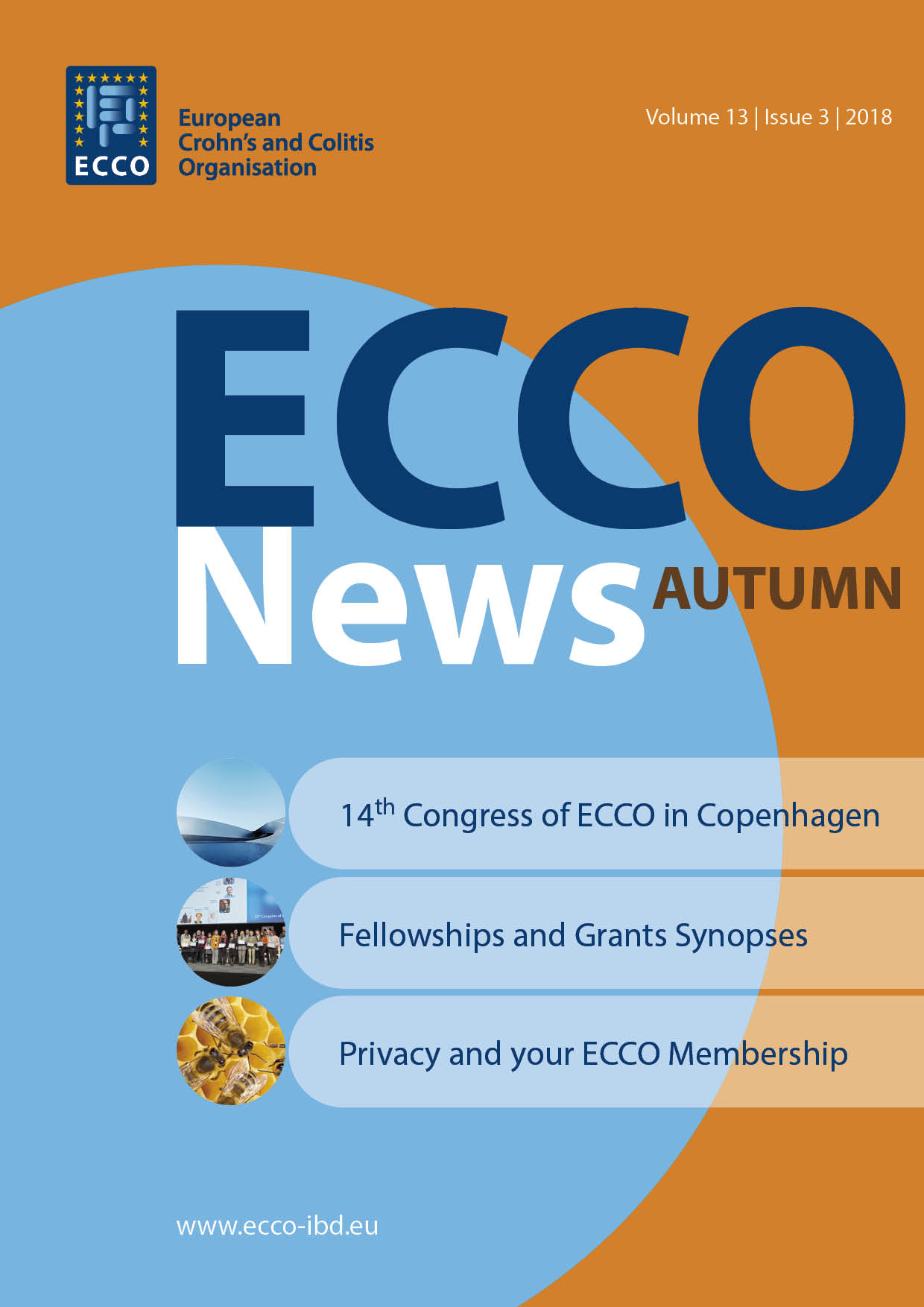
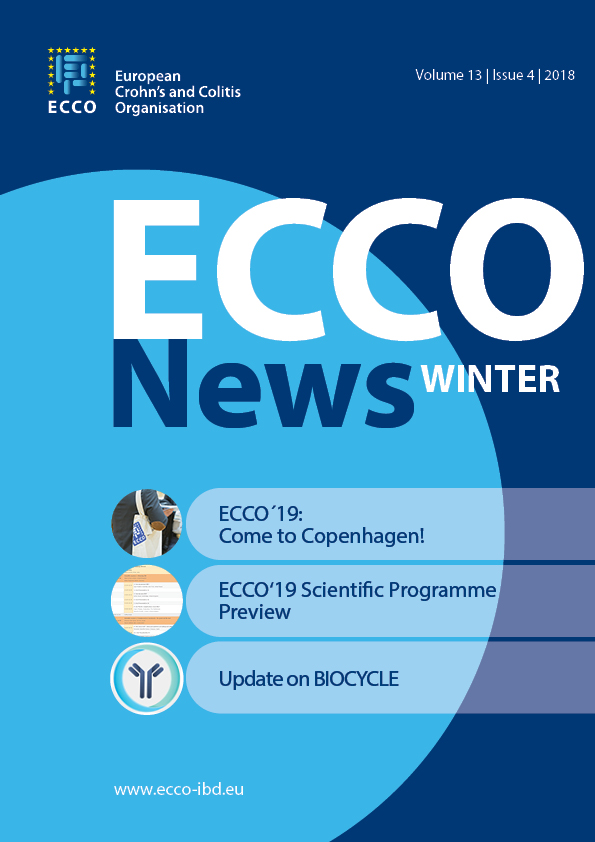
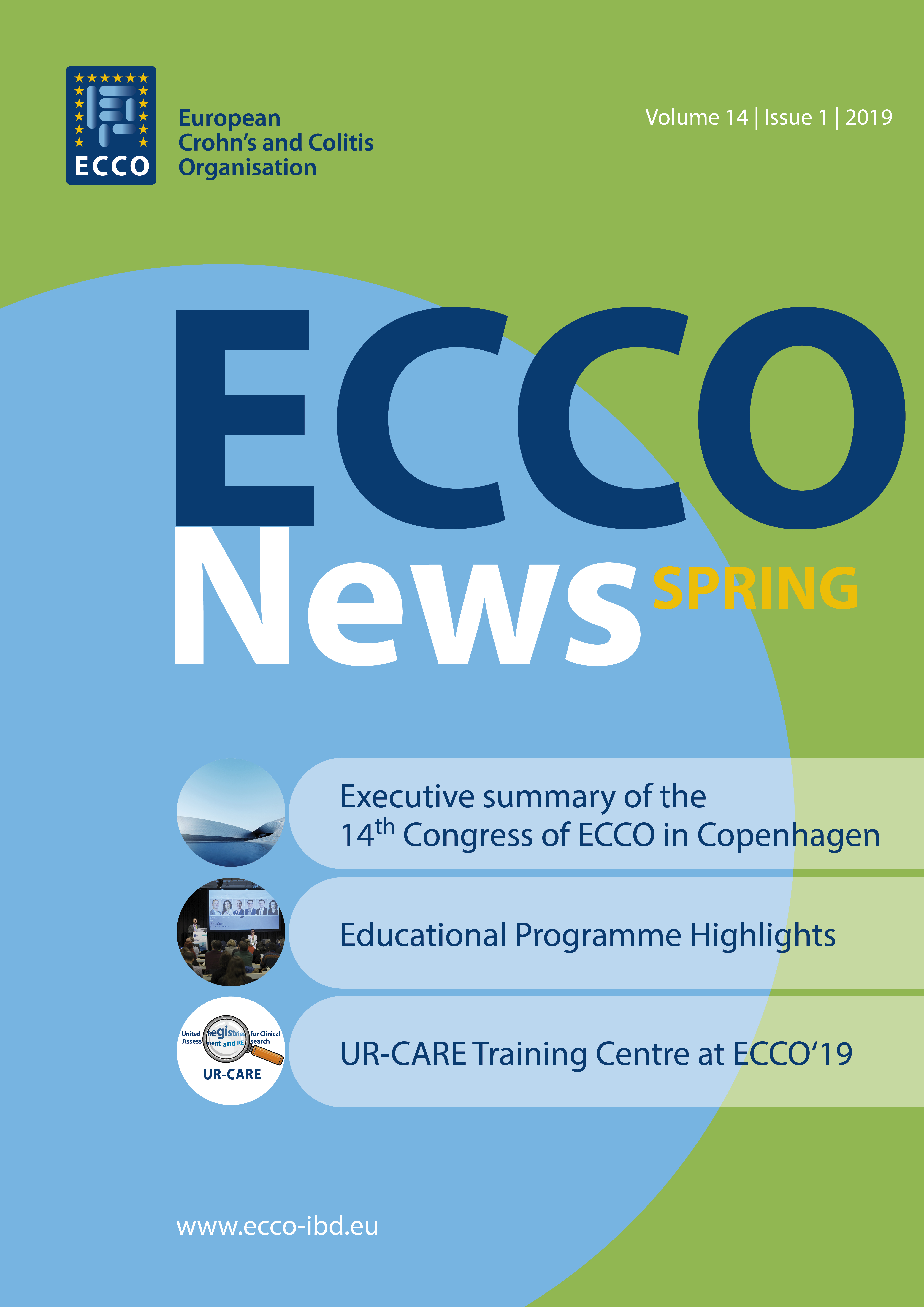
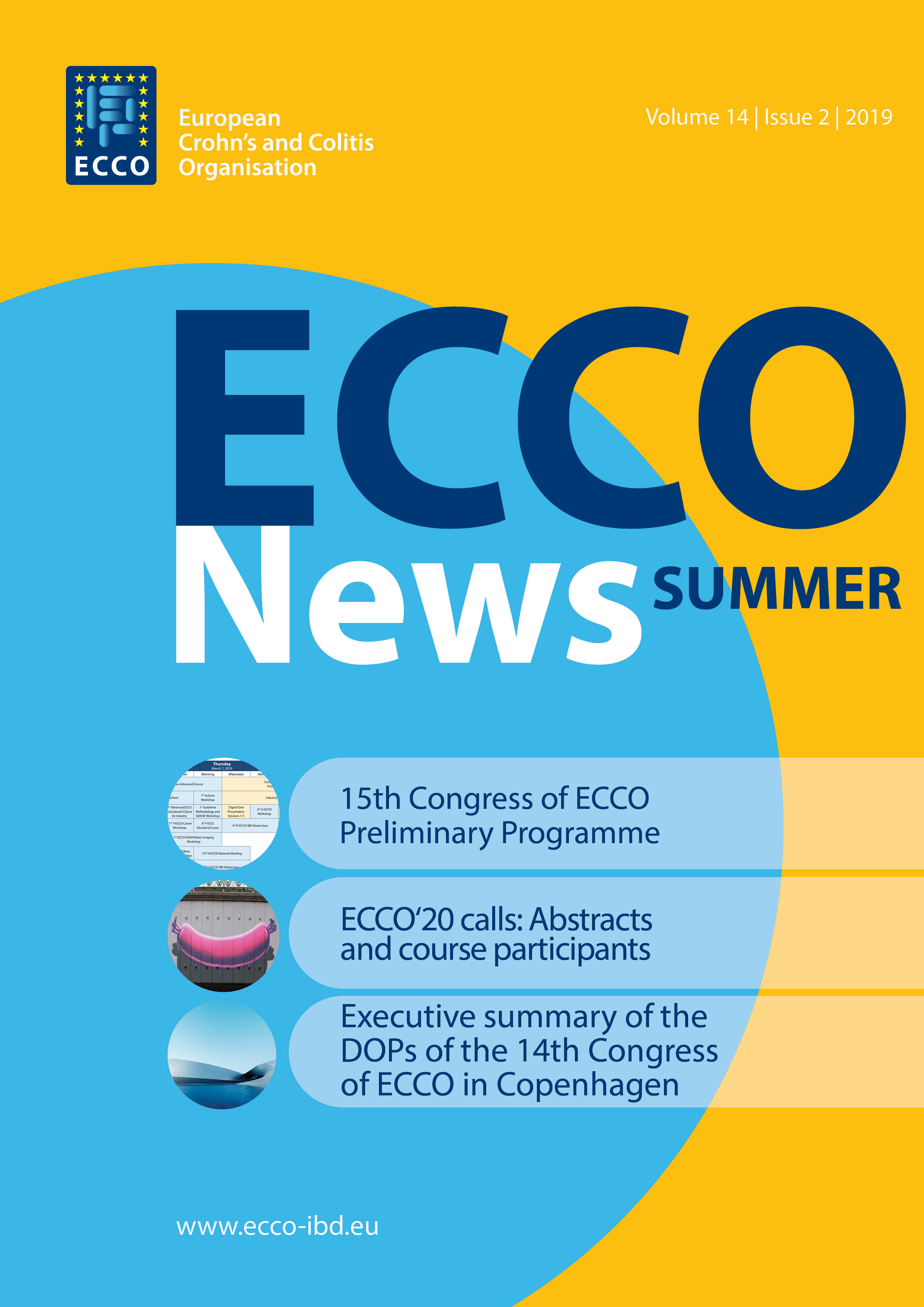
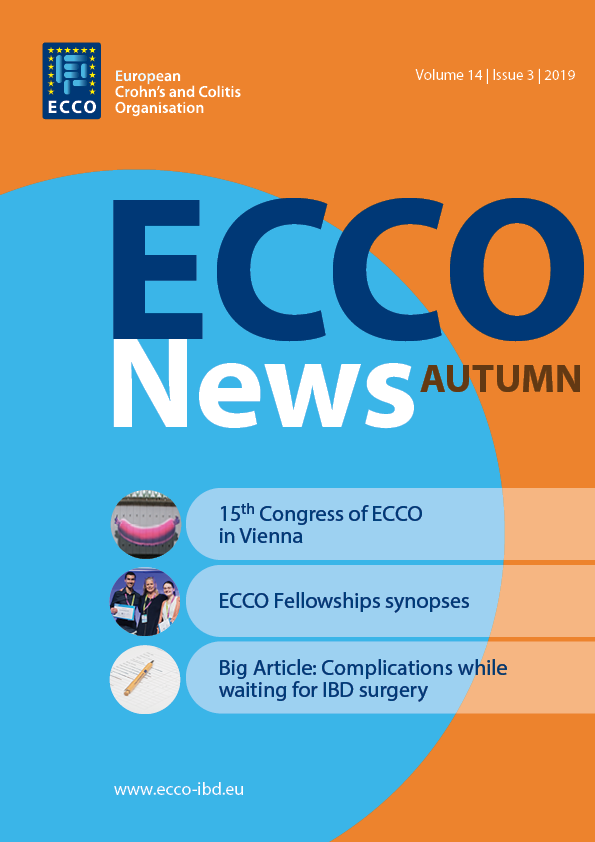
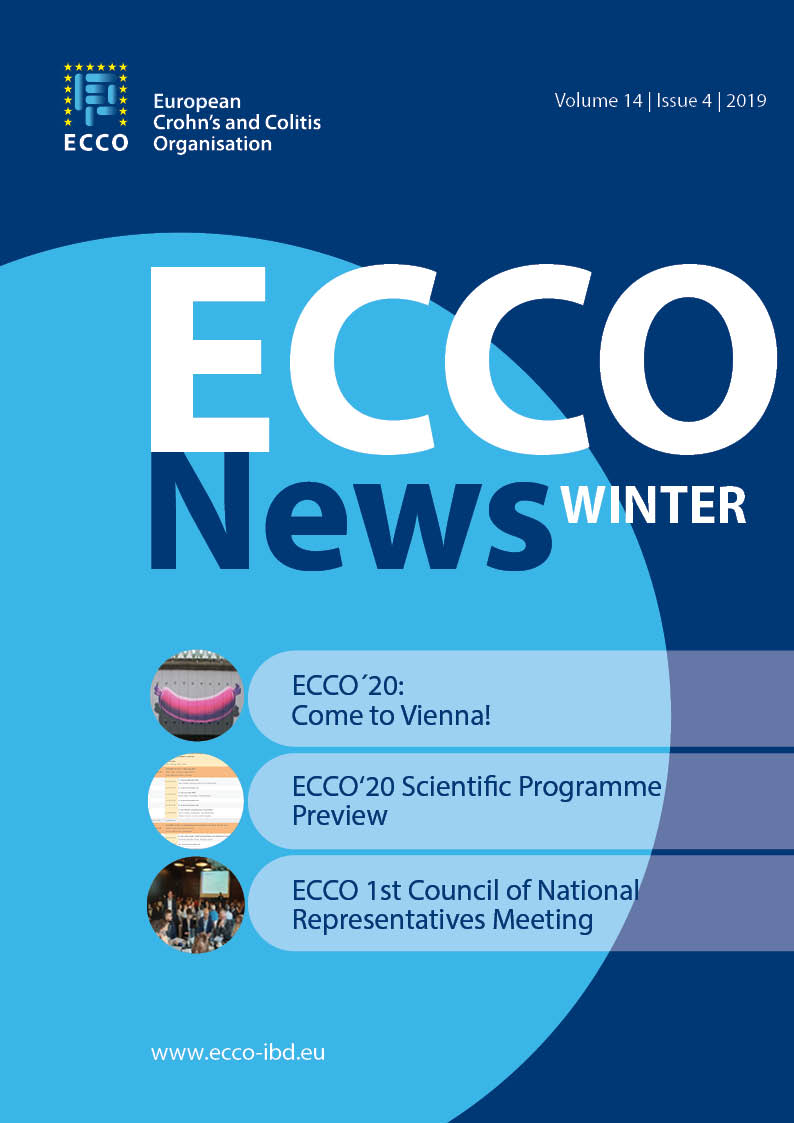
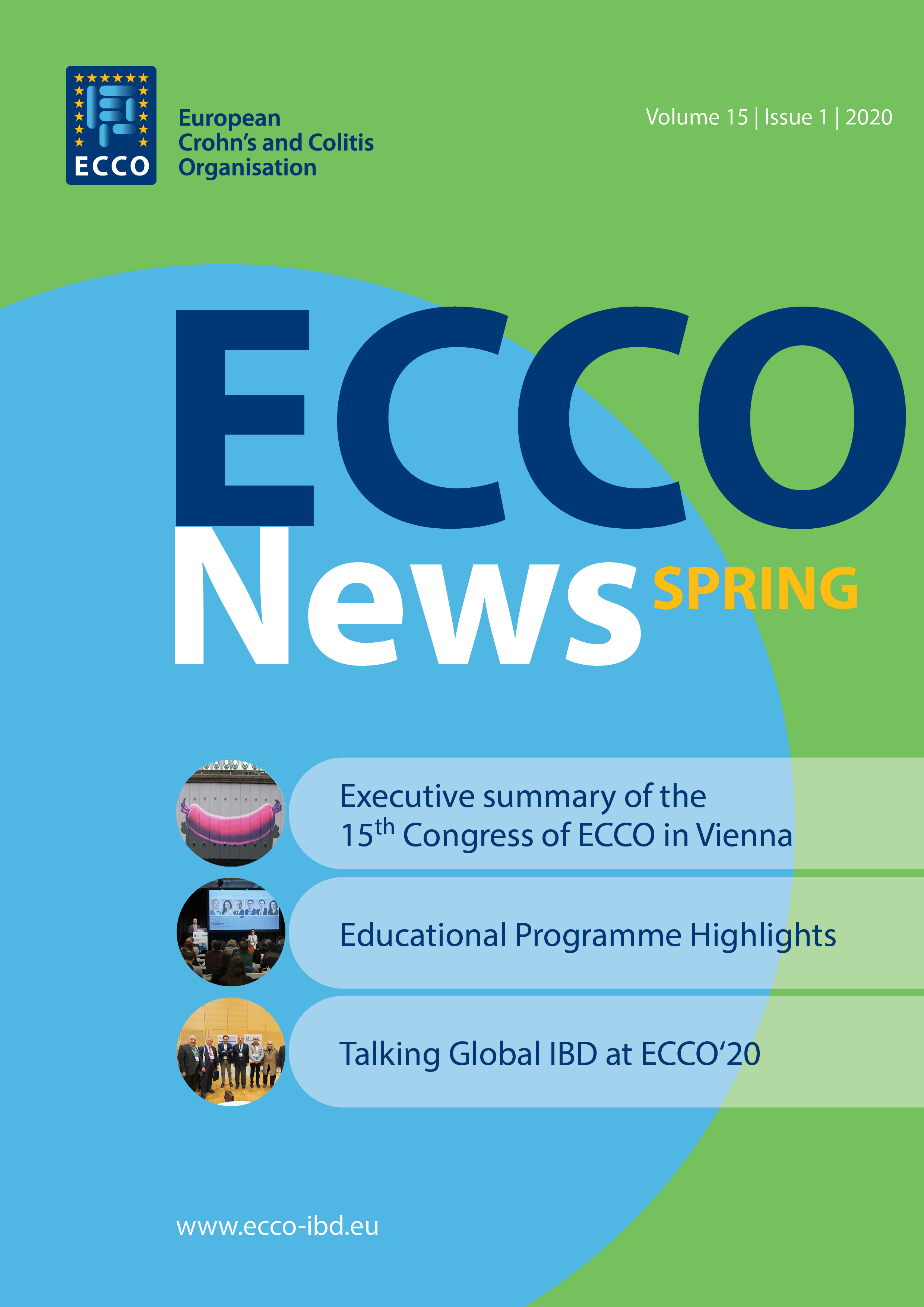
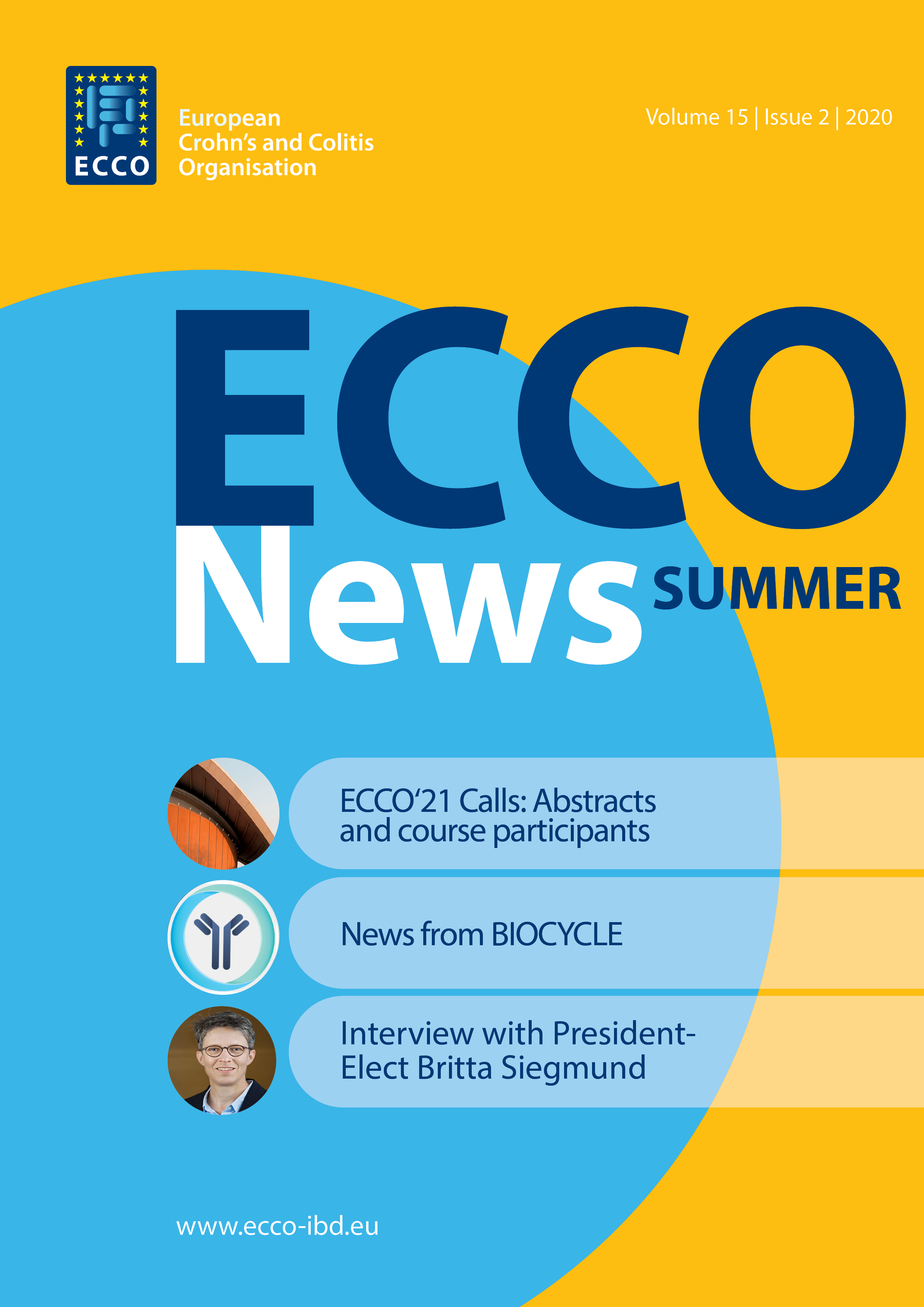
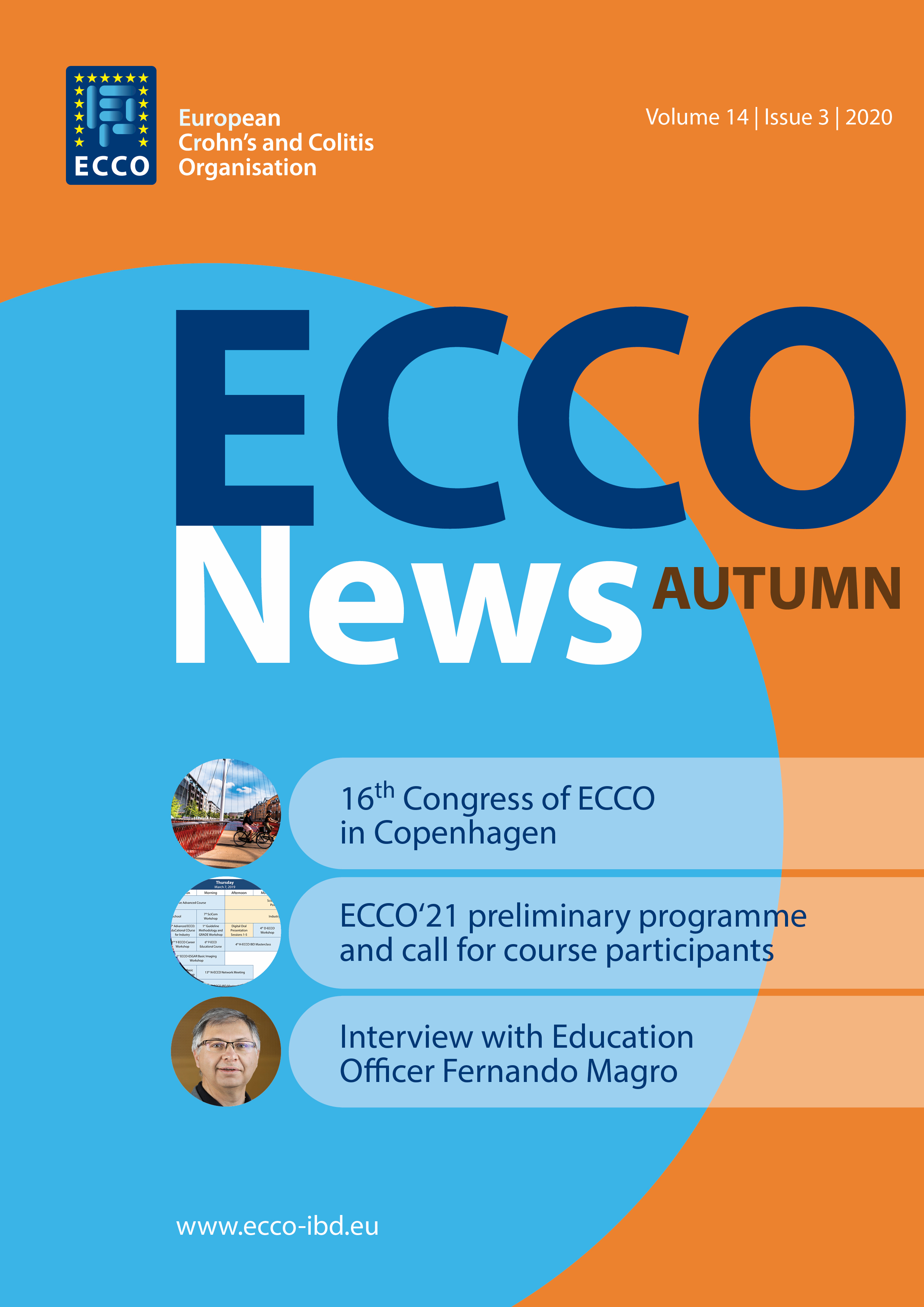
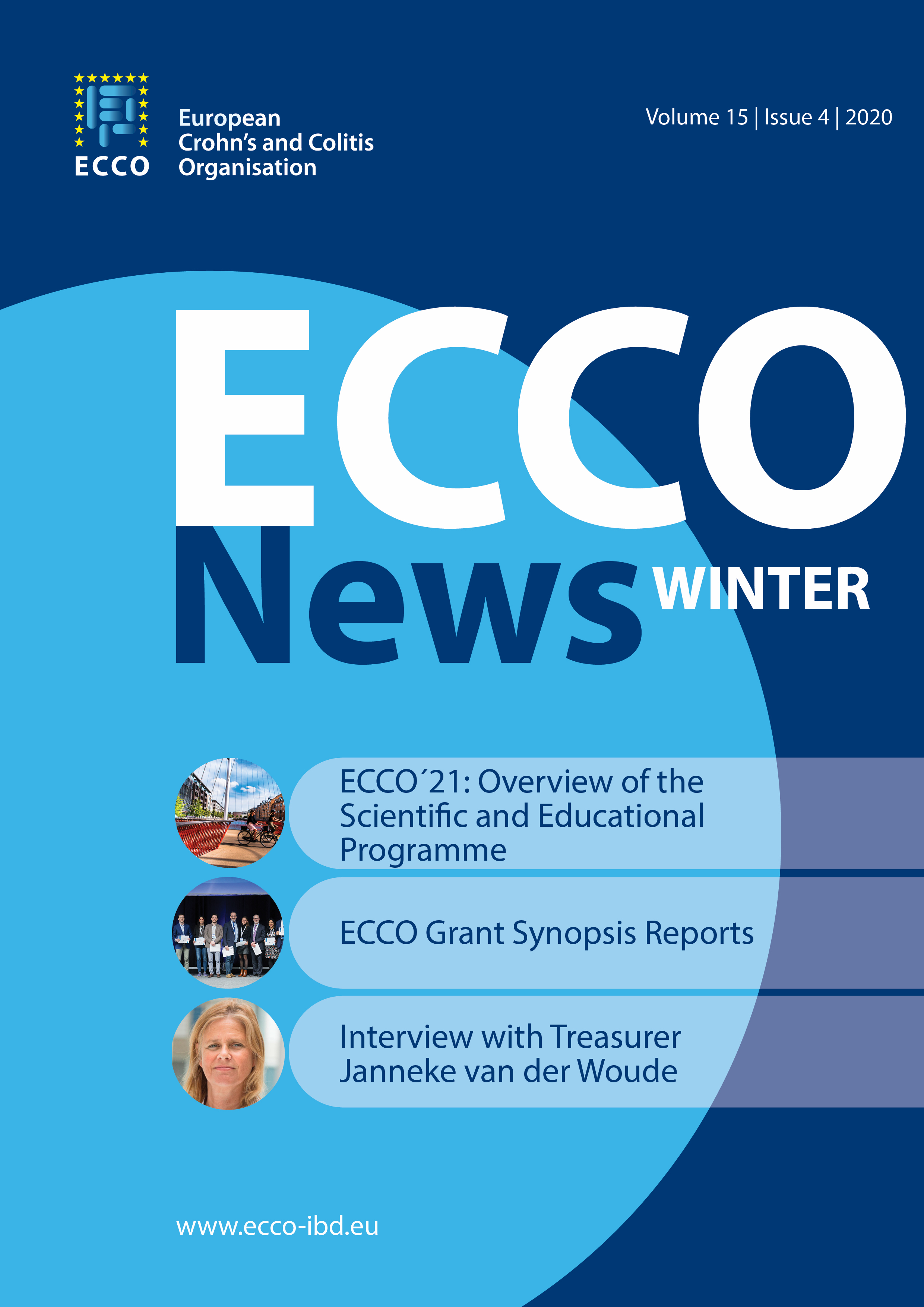



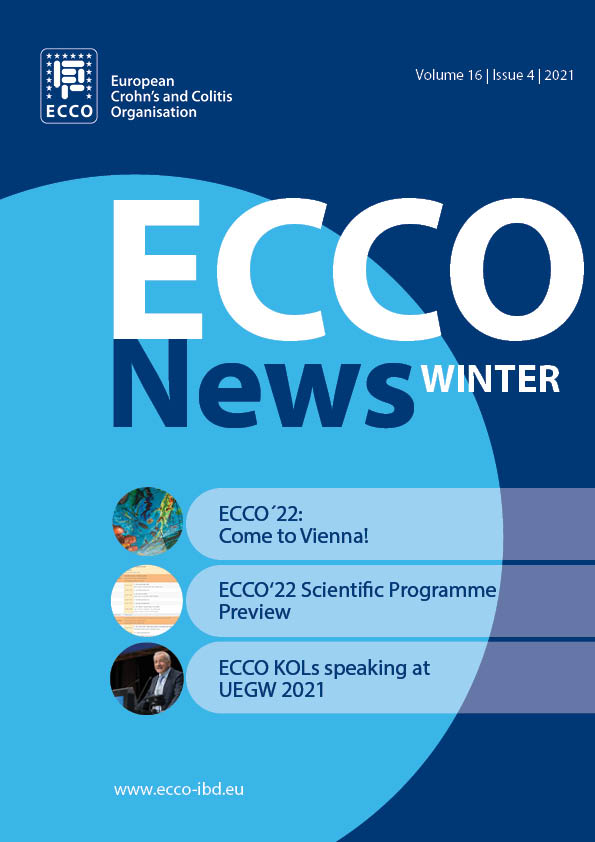
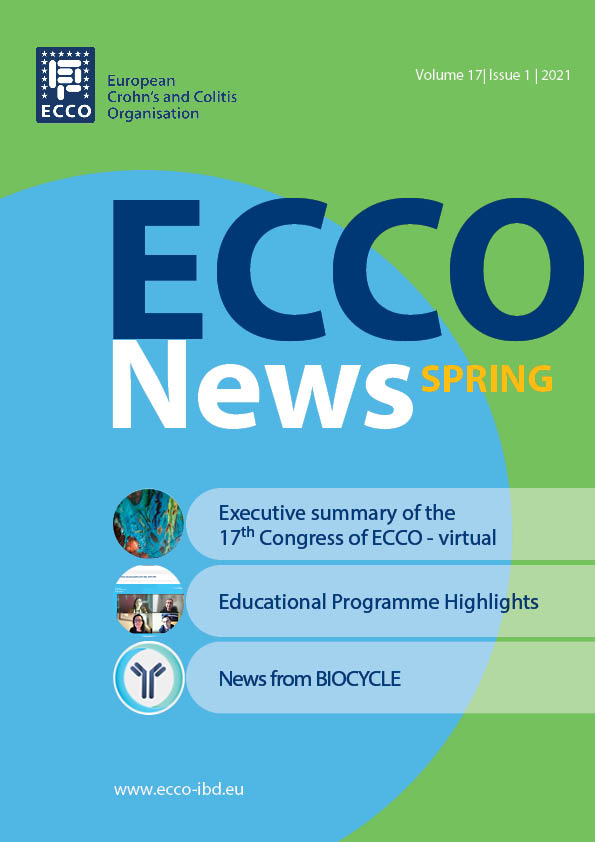
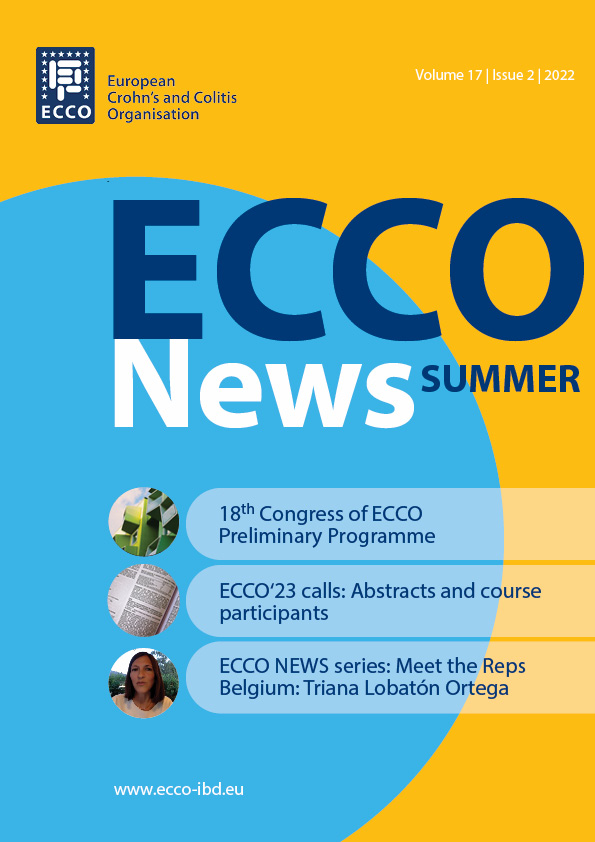
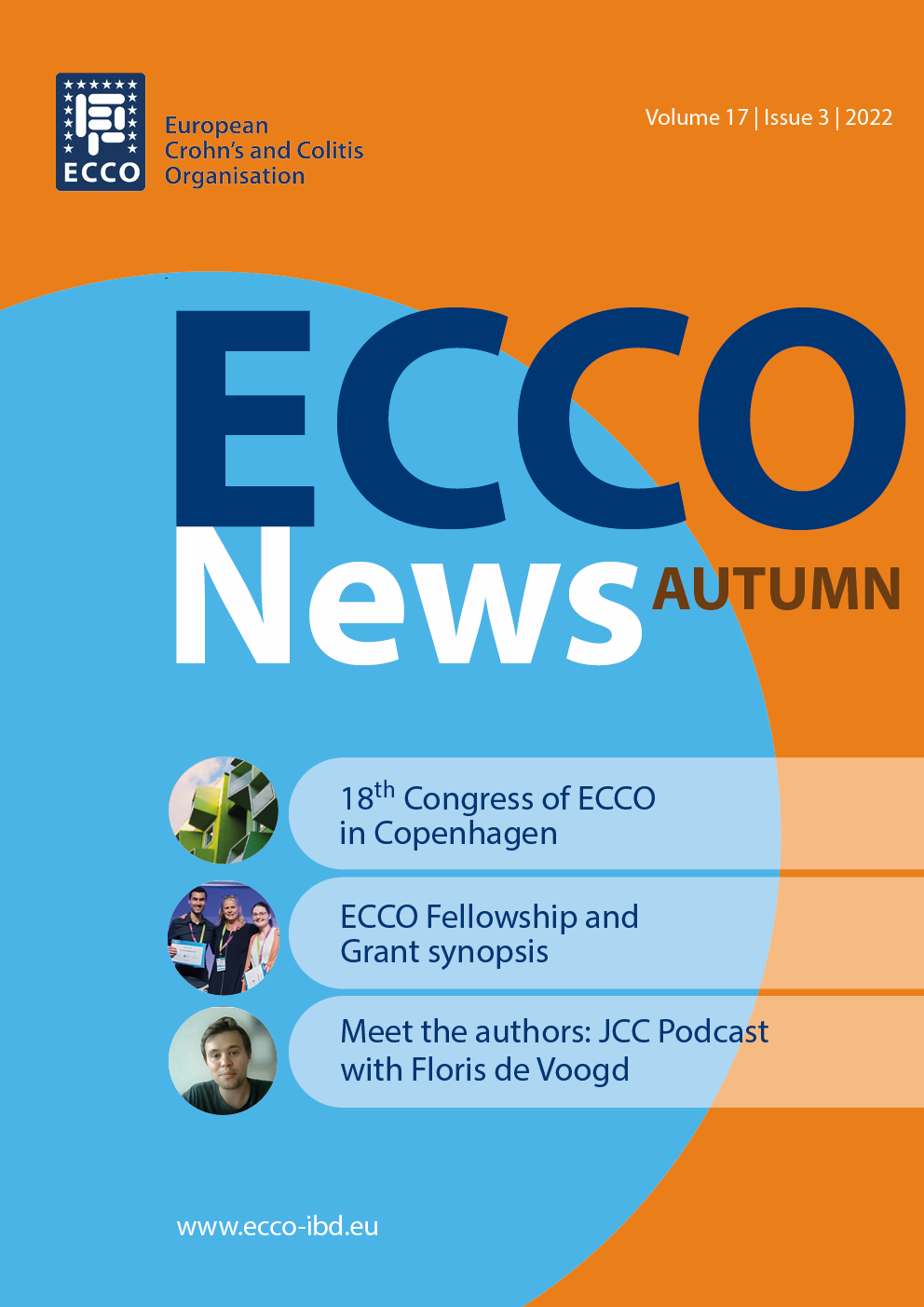
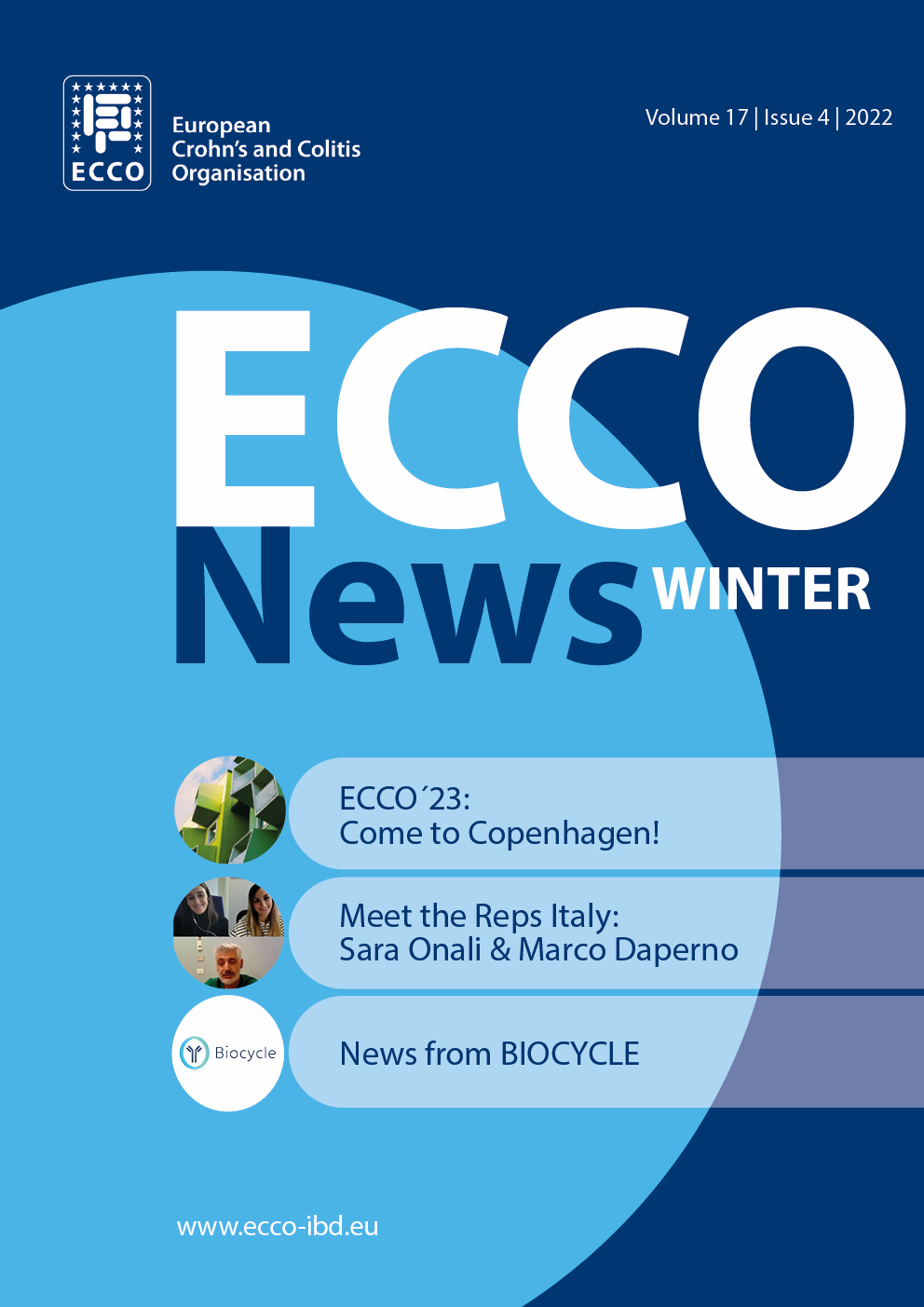
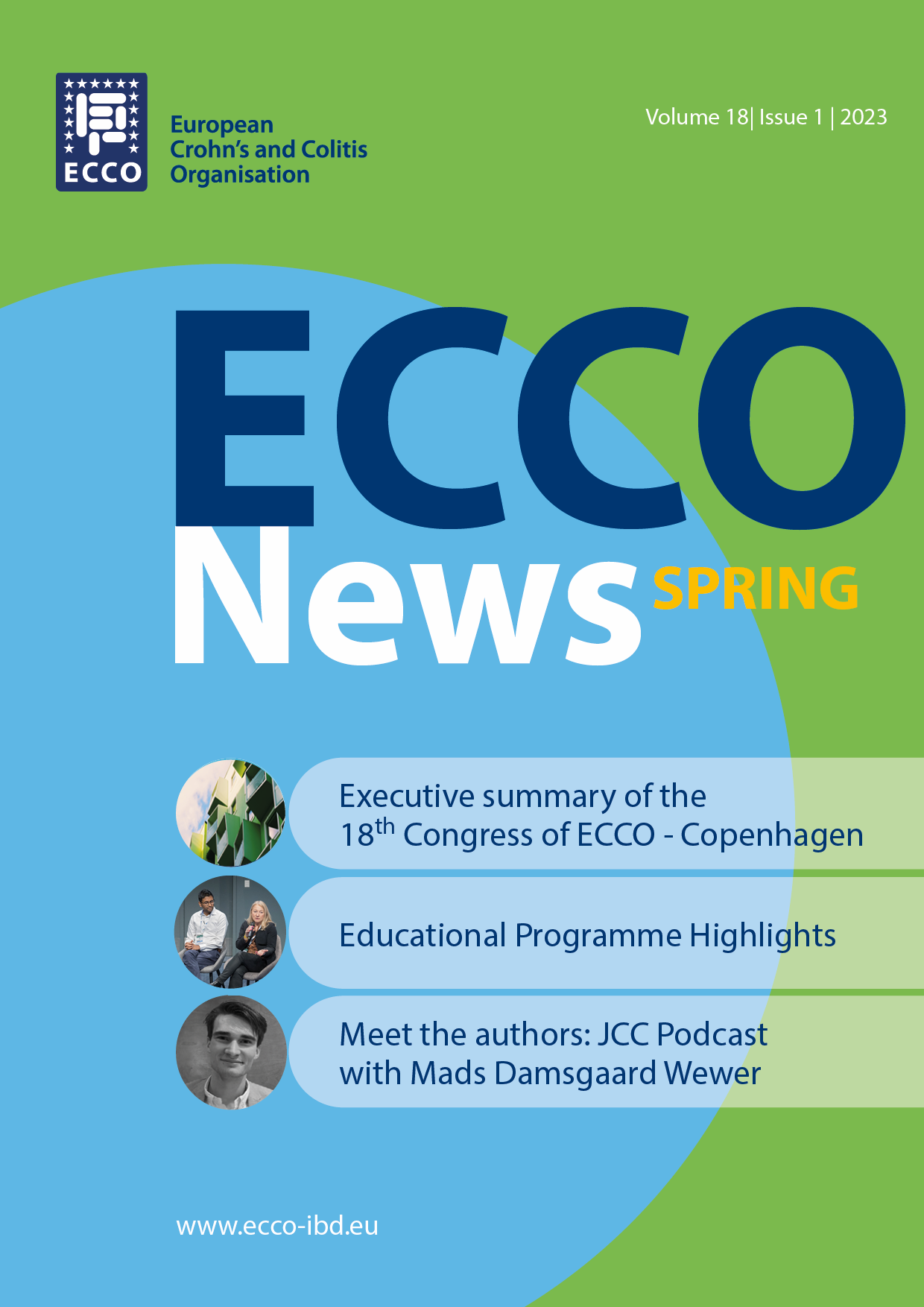
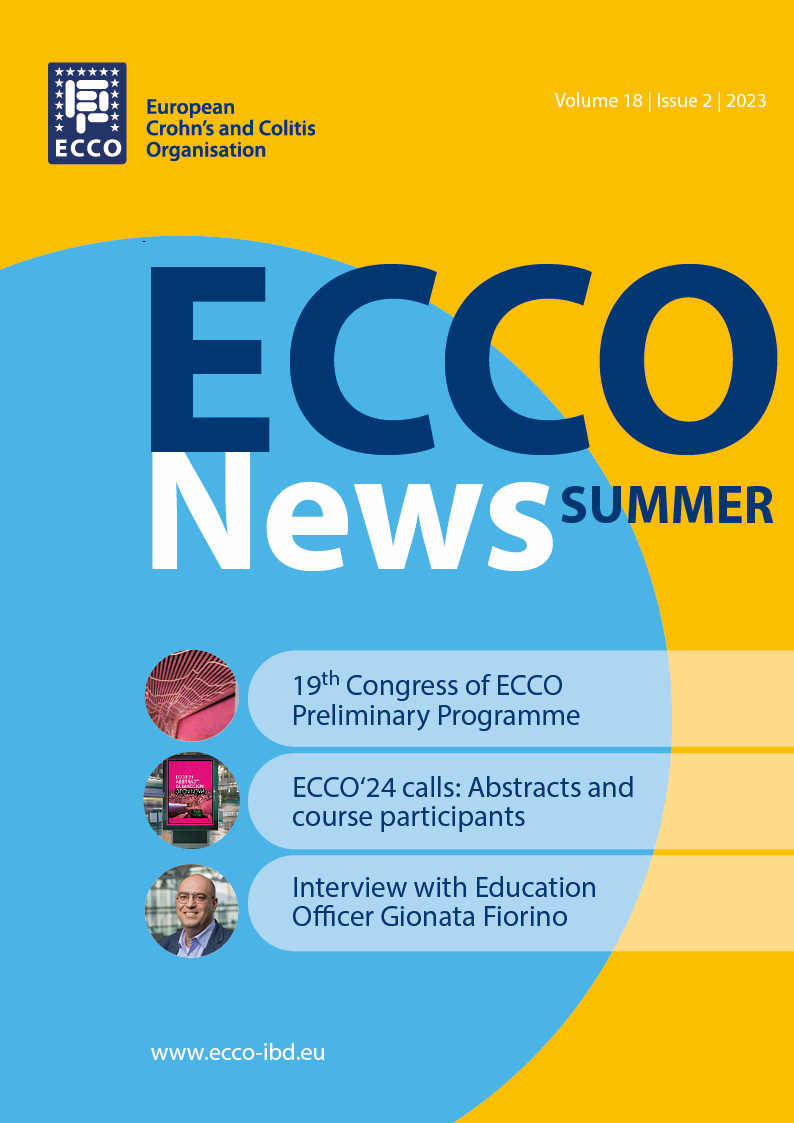
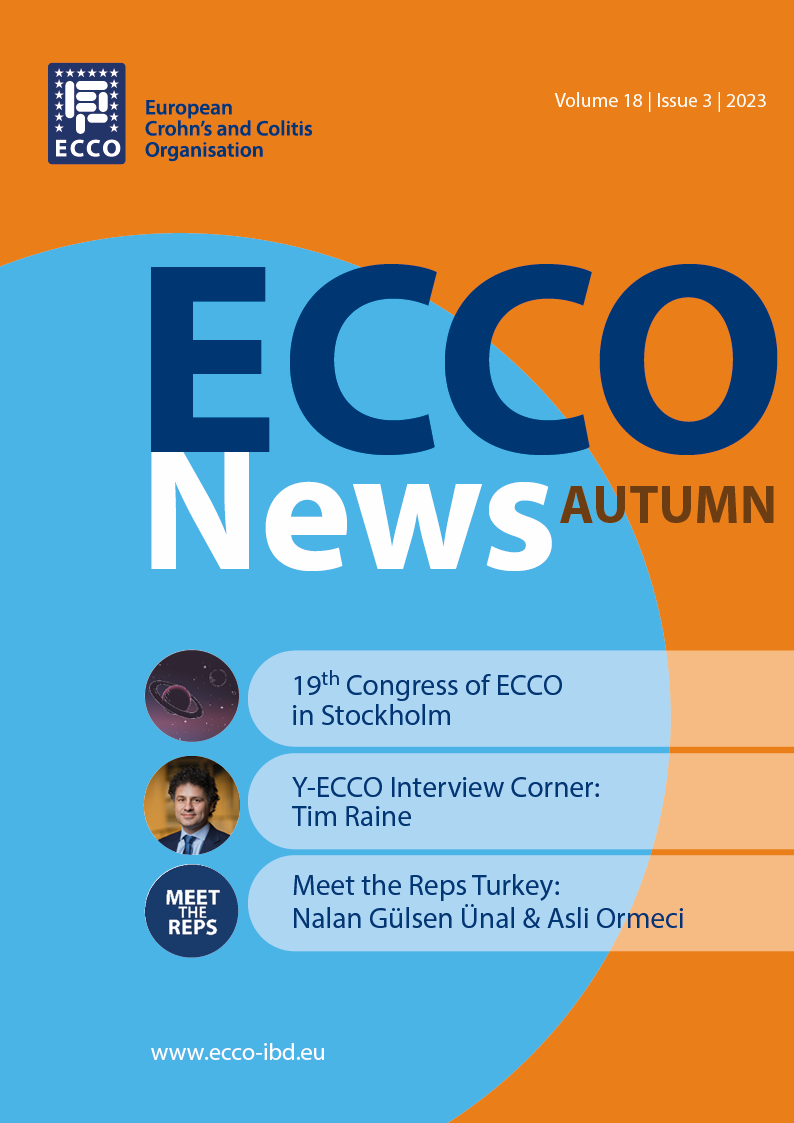
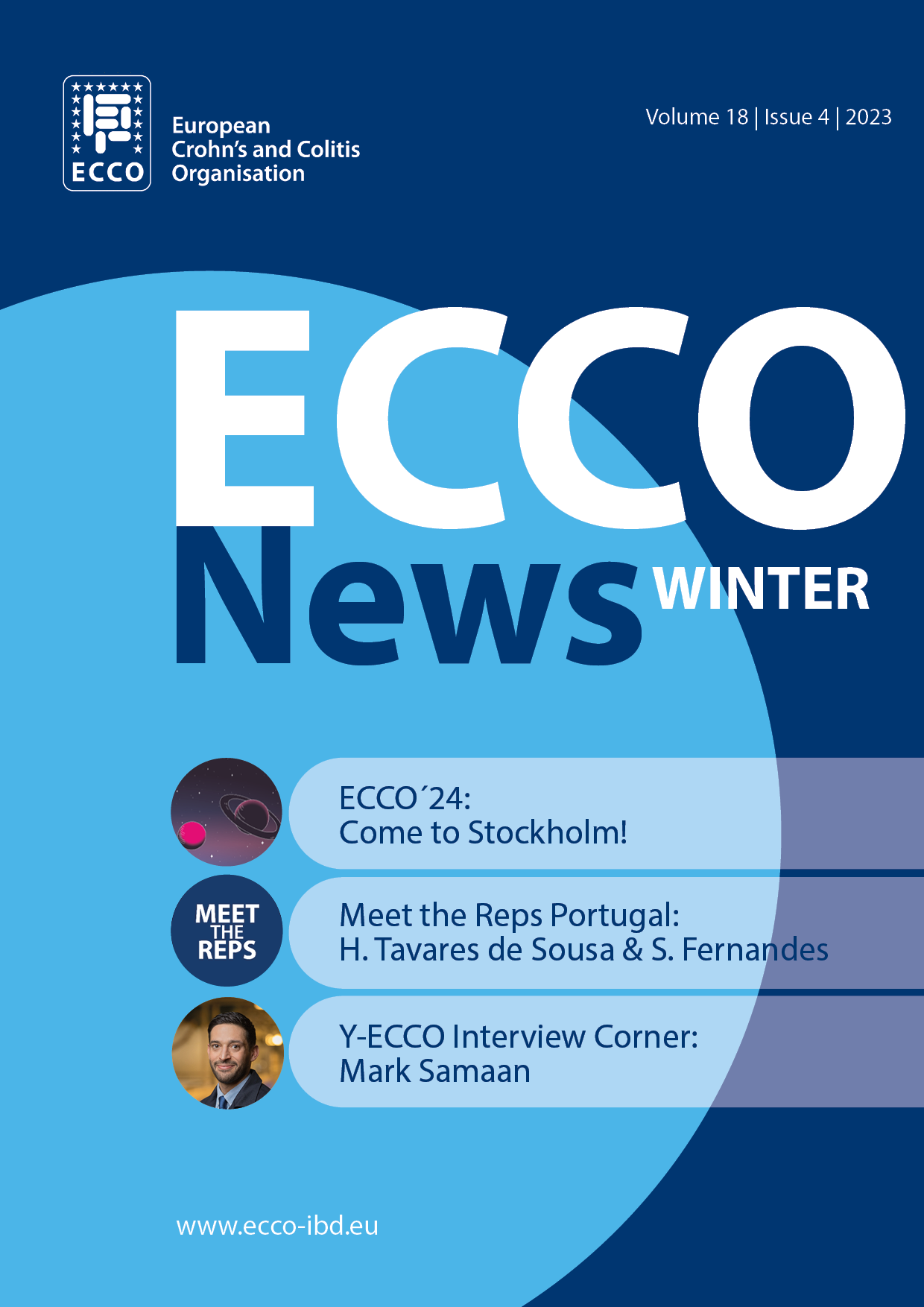
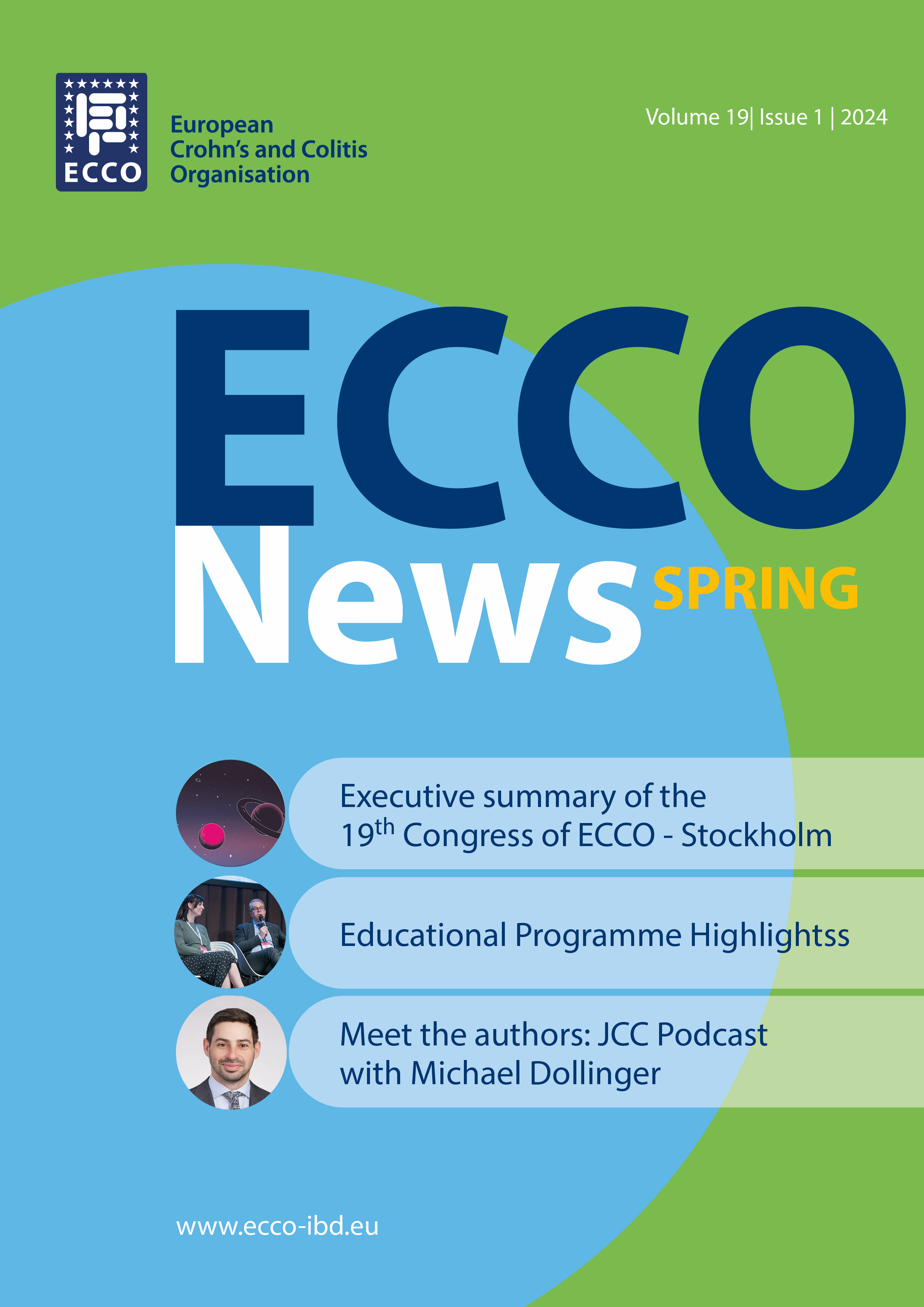
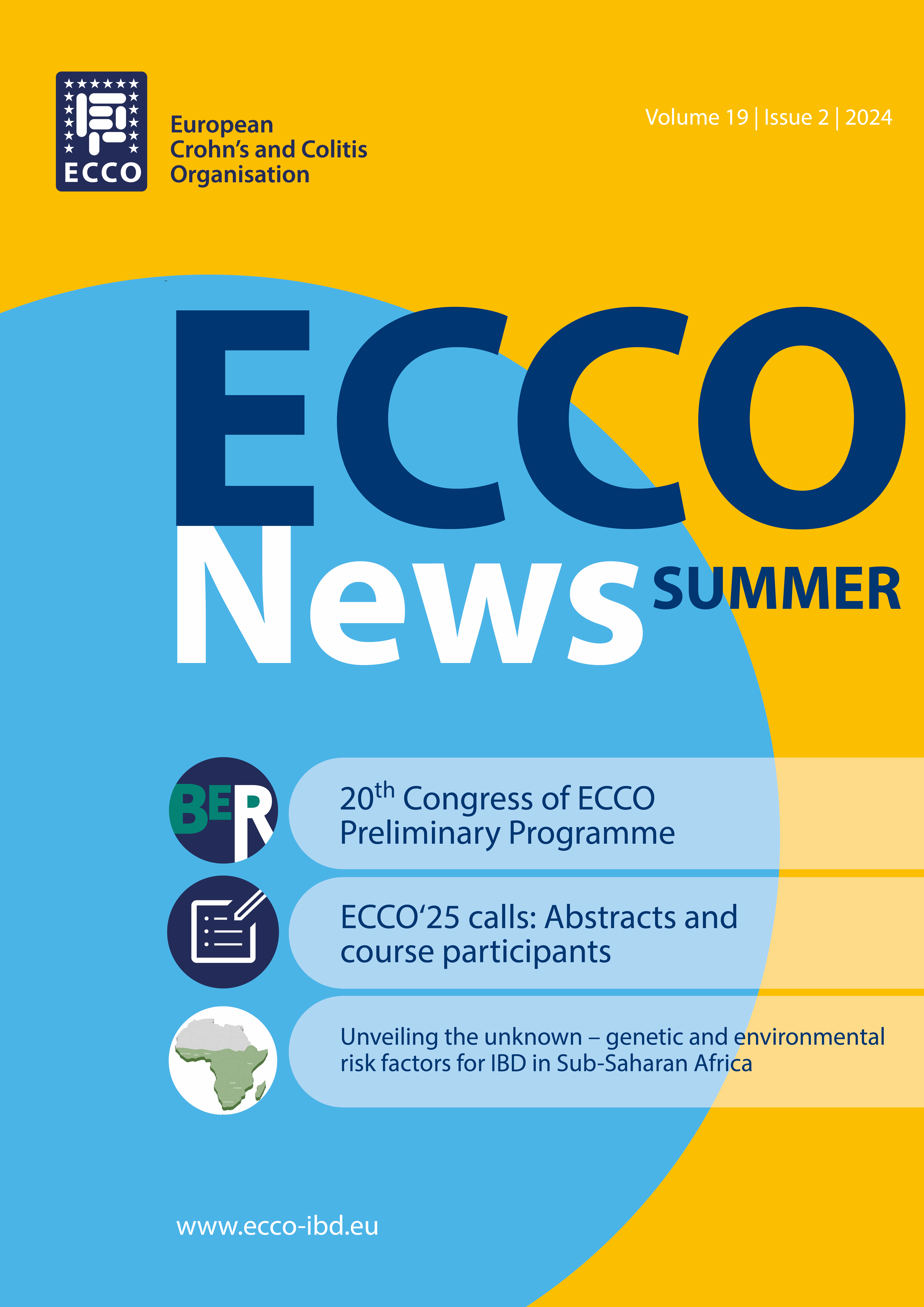


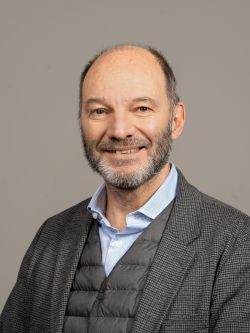
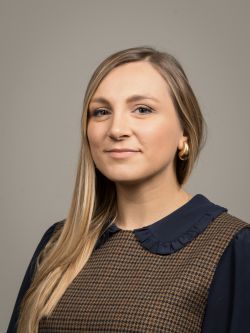
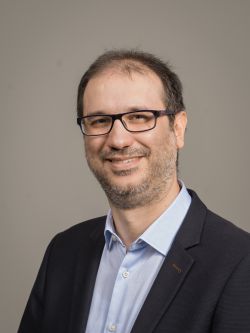

 Sudipto Das
Sudipto Das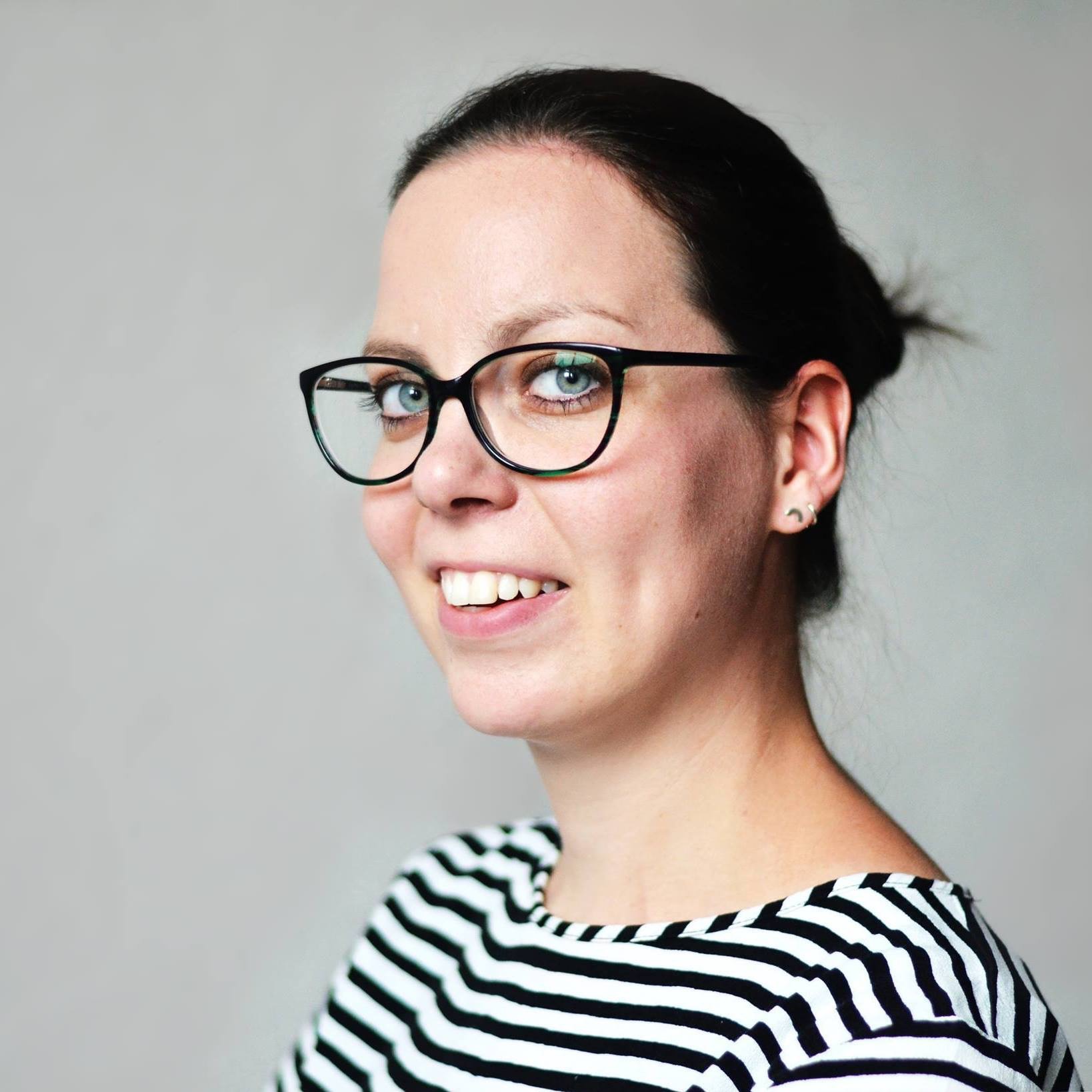 Marleen Bouhuys
Marleen Bouhuys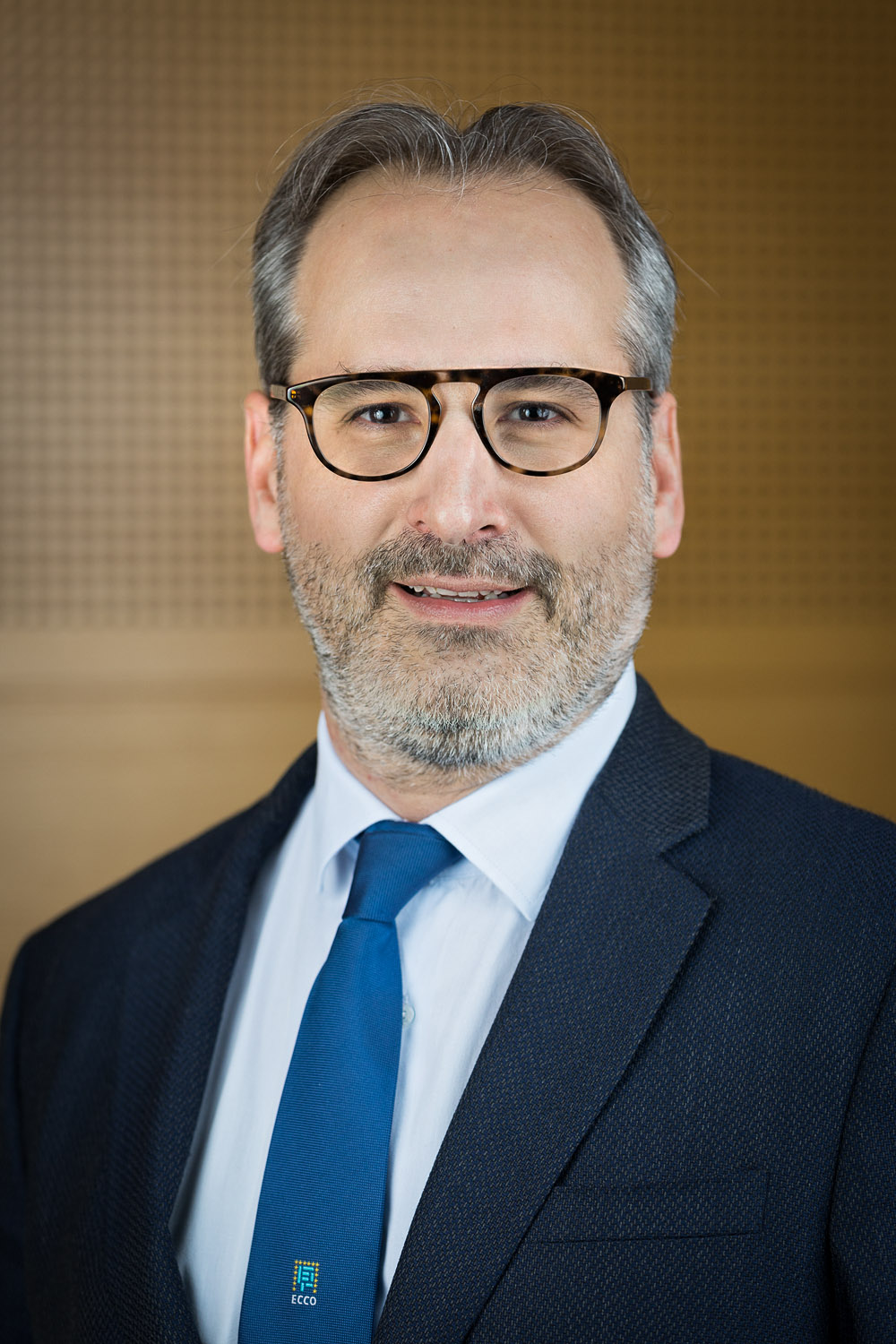


 Nuha Yassin
Nuha Yassin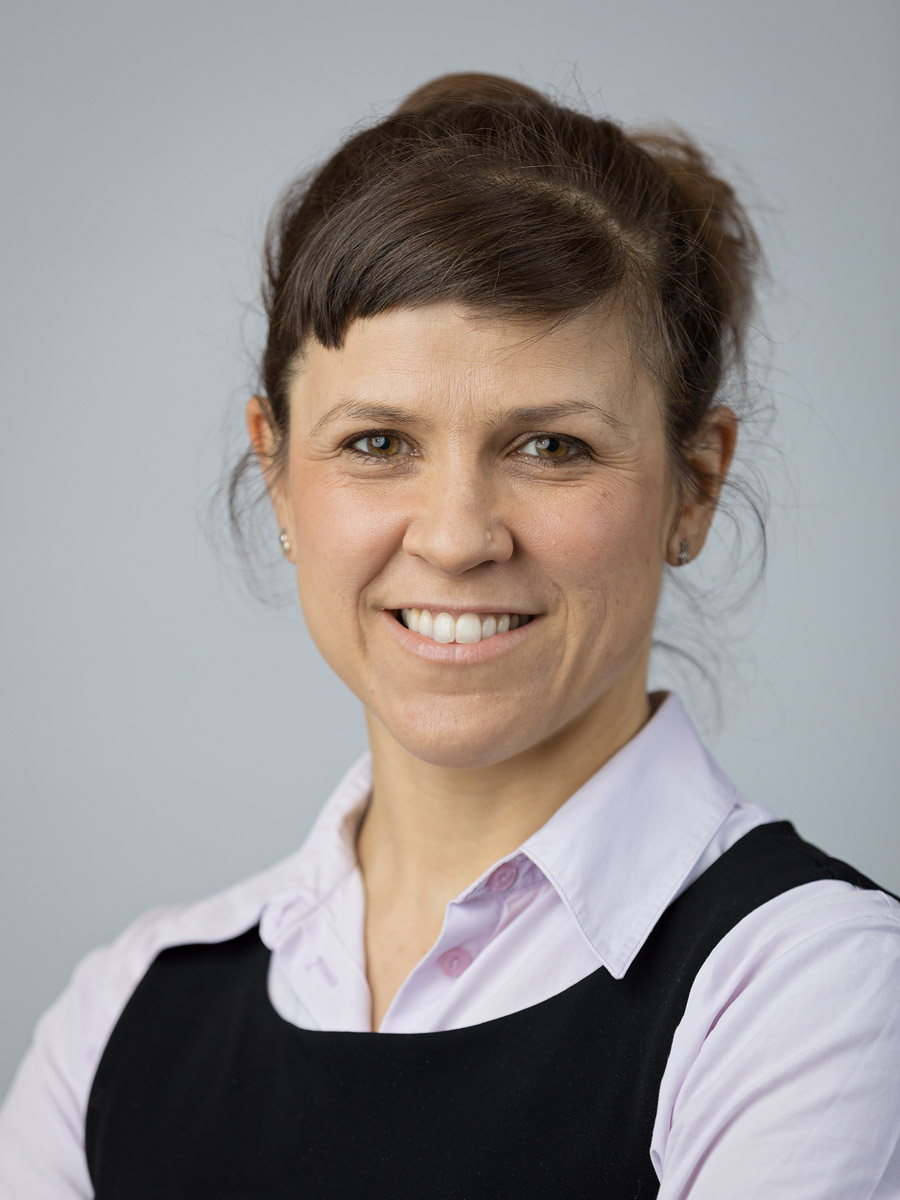 Charlotte Hedin
Charlotte Hedin 